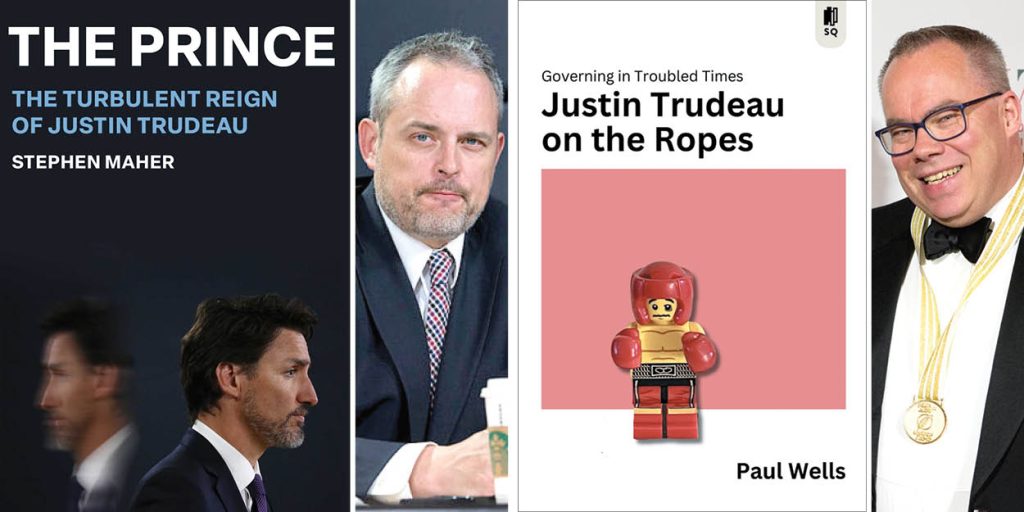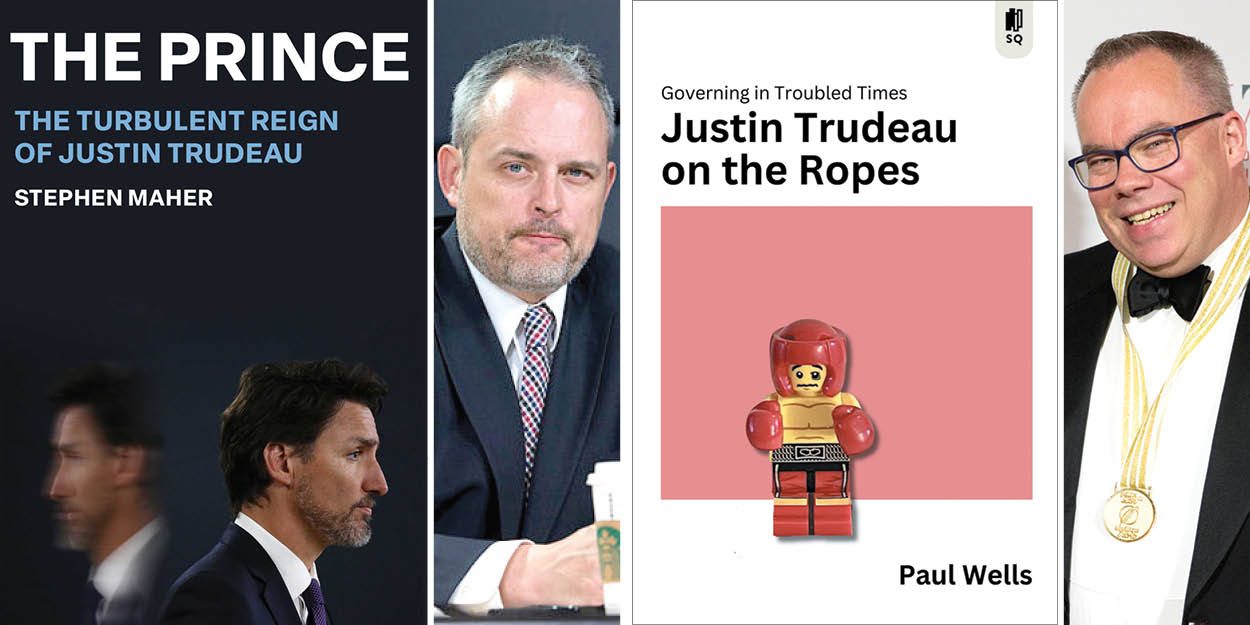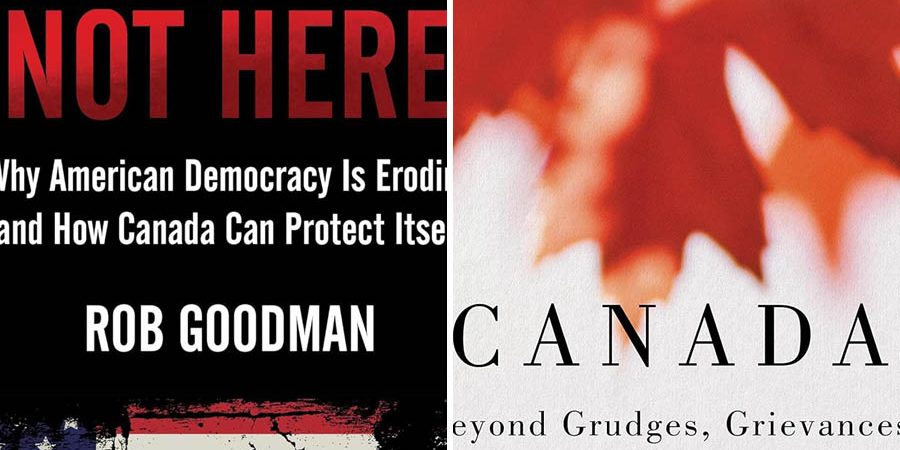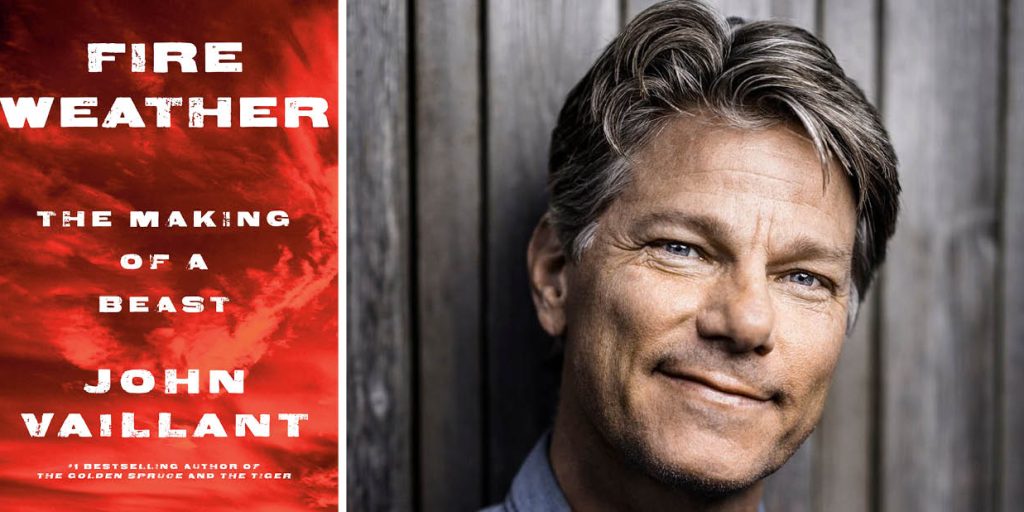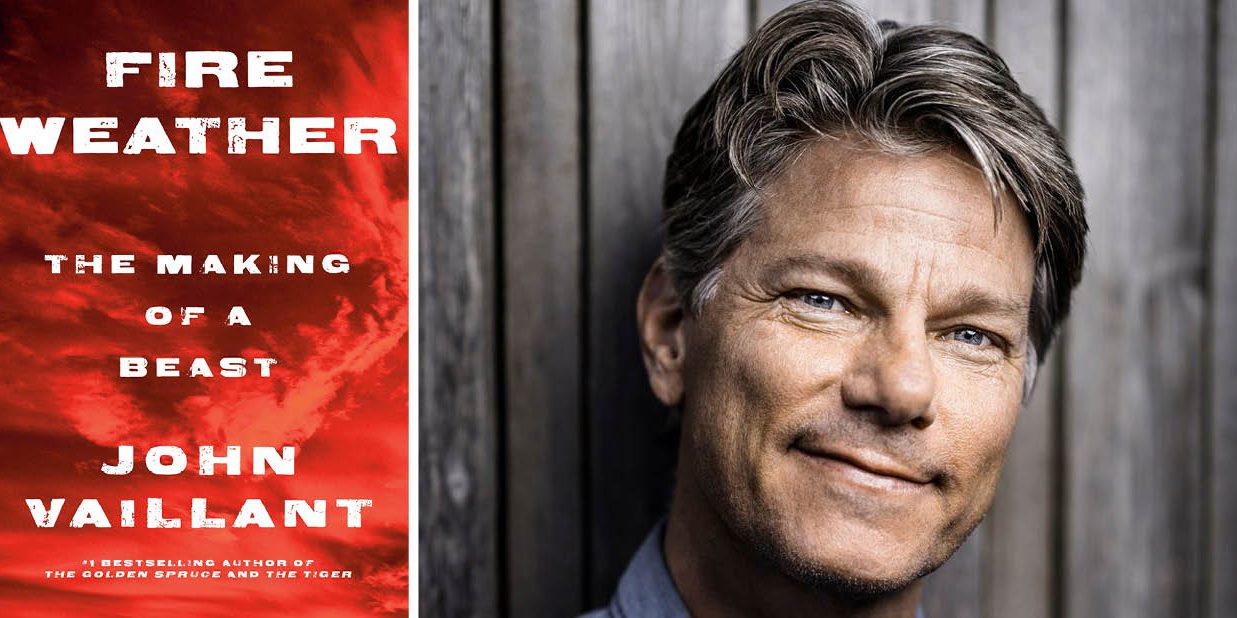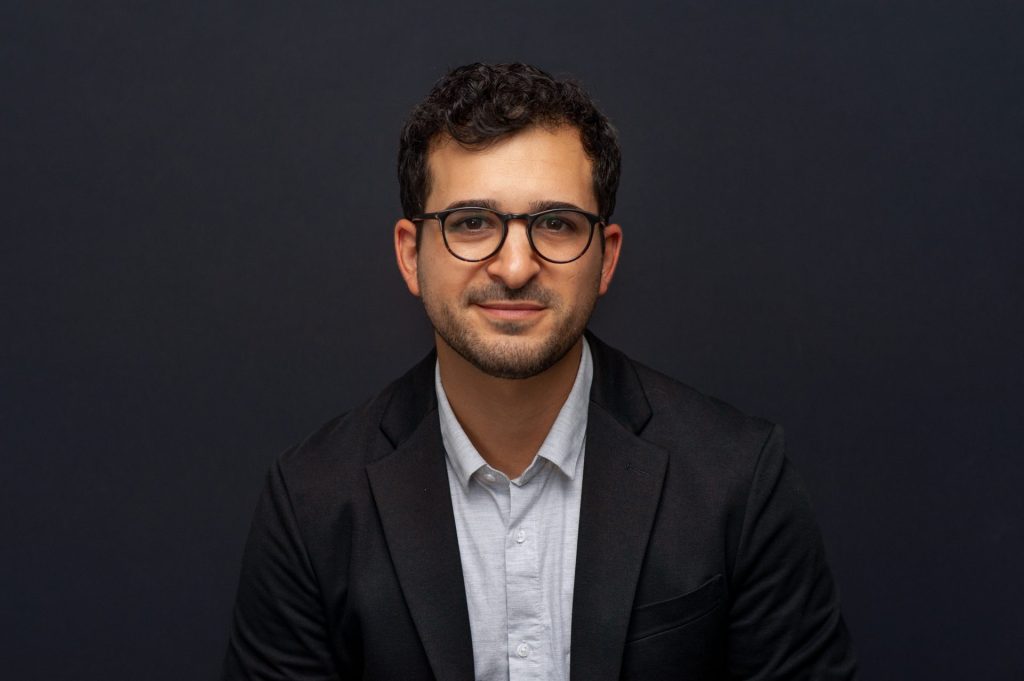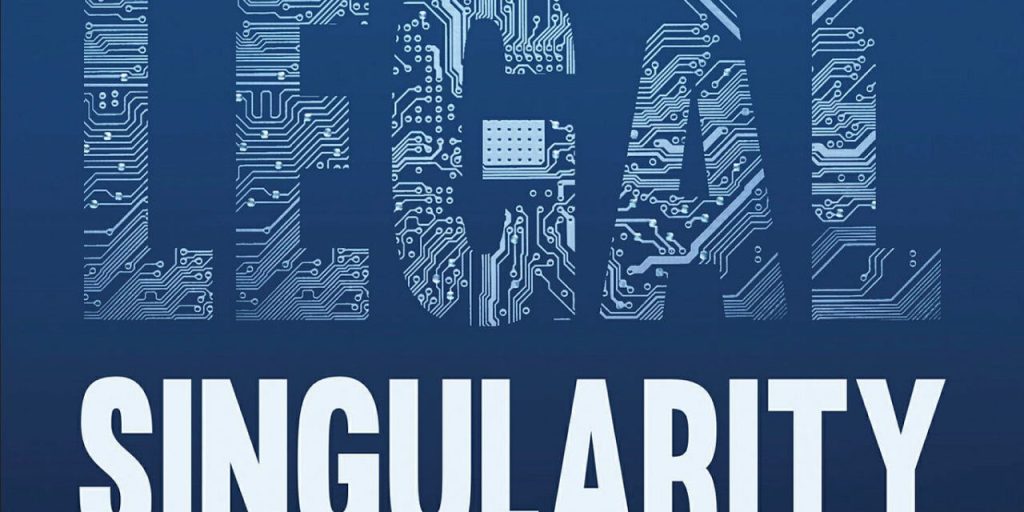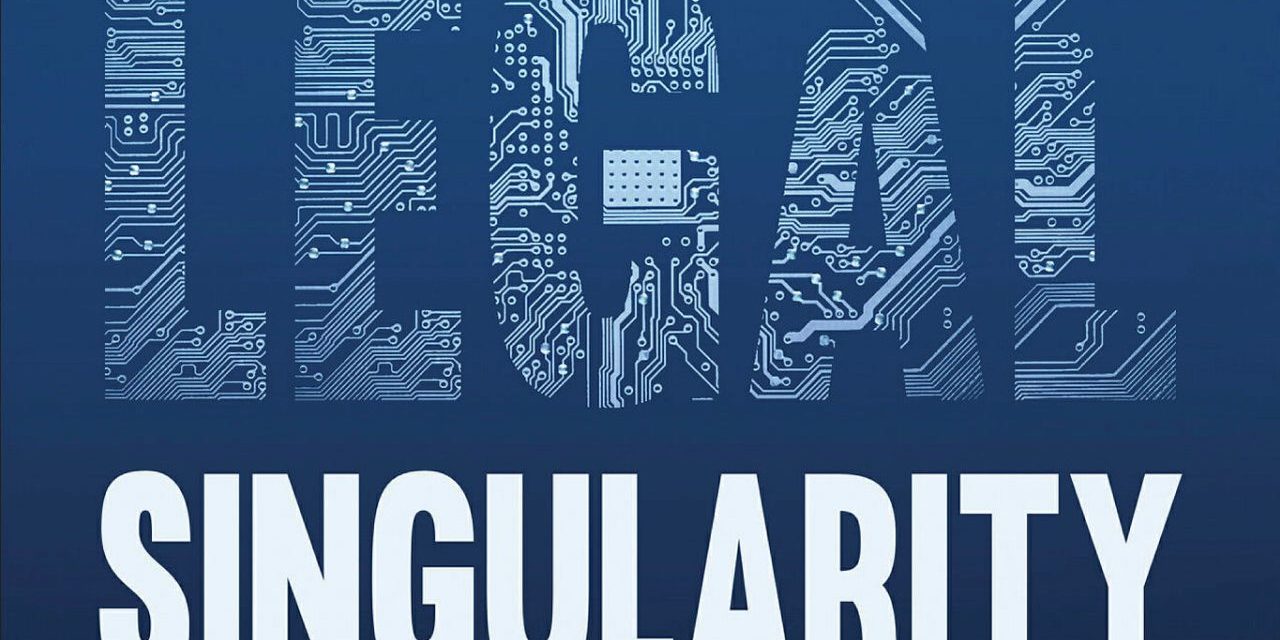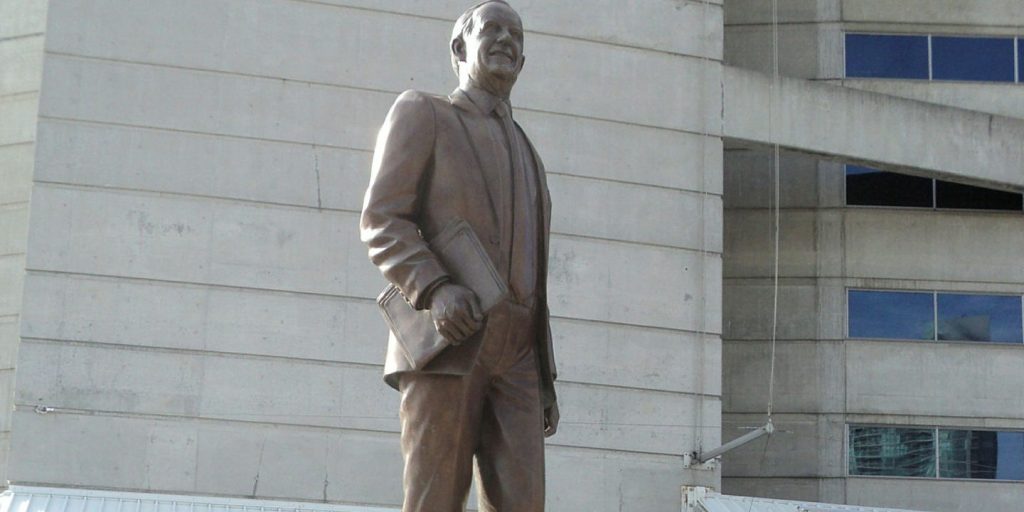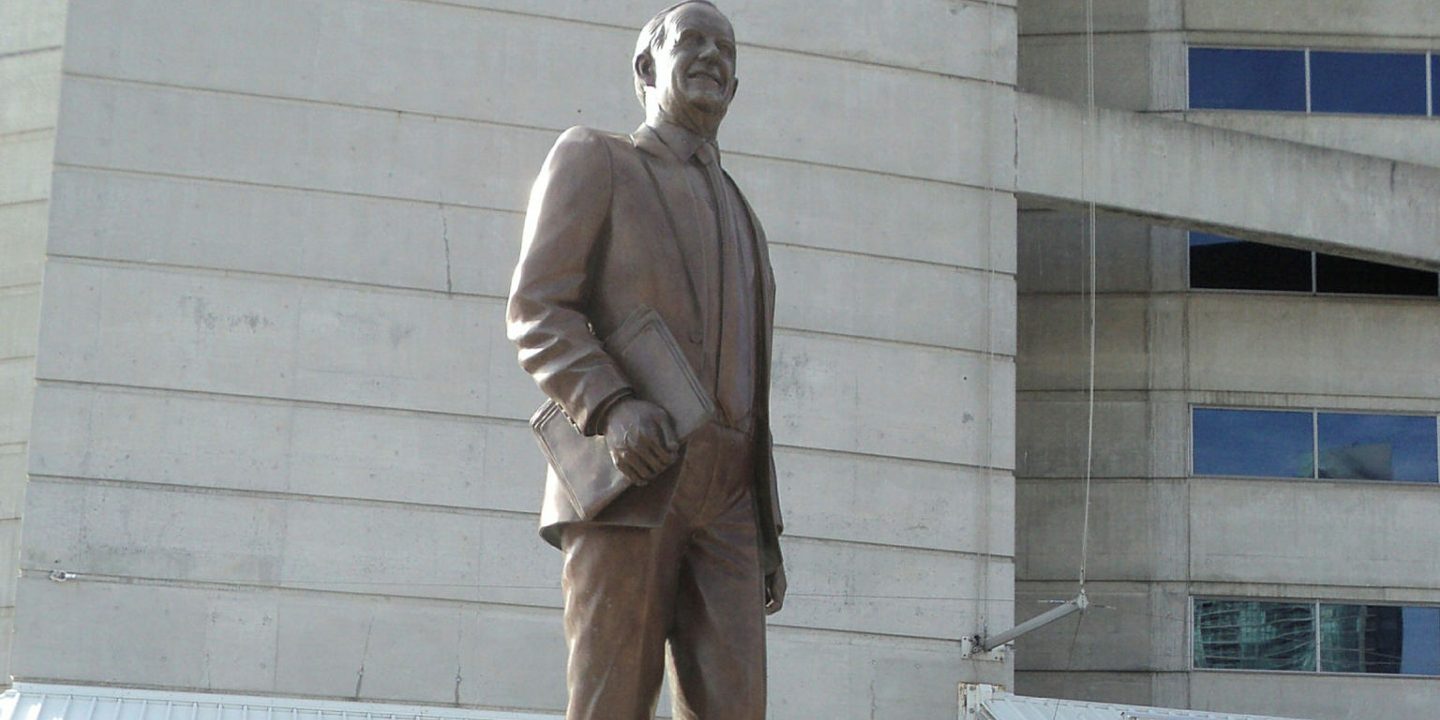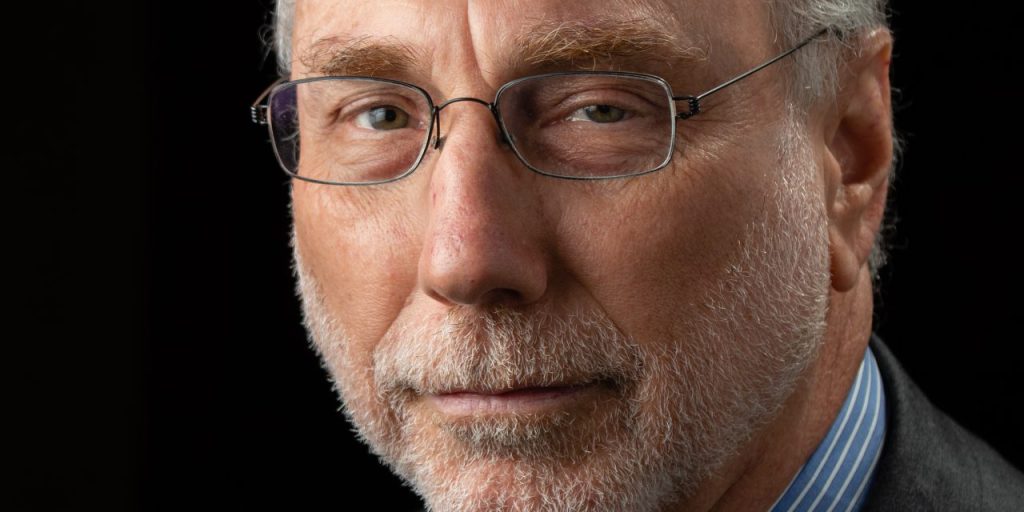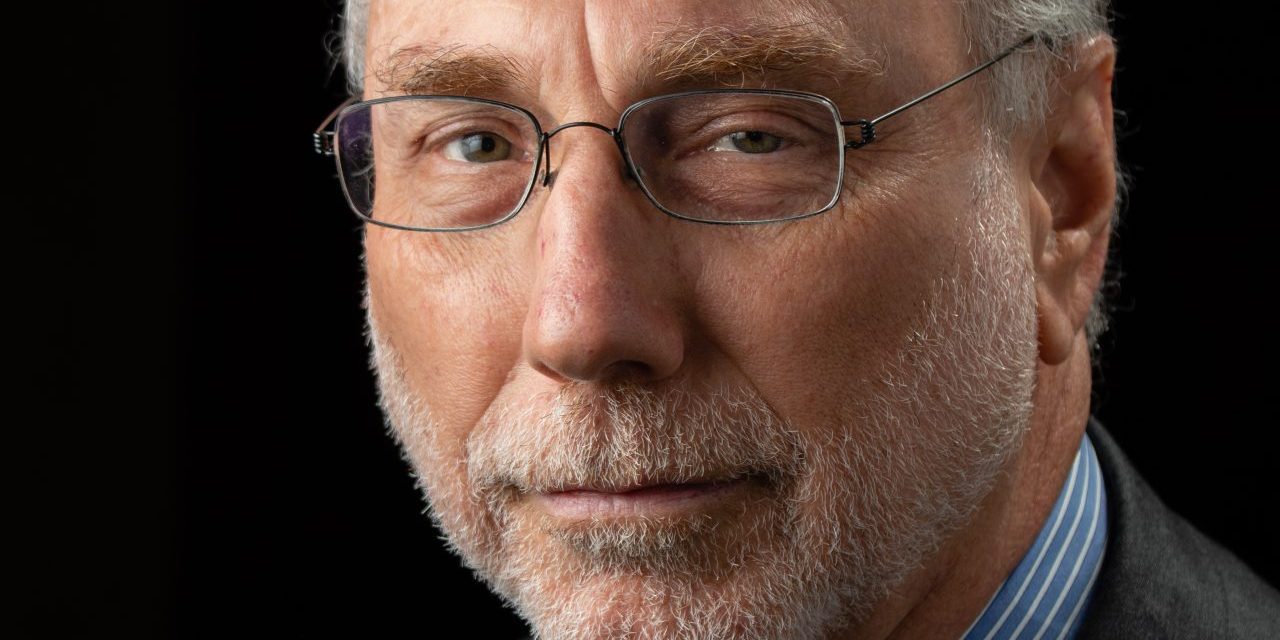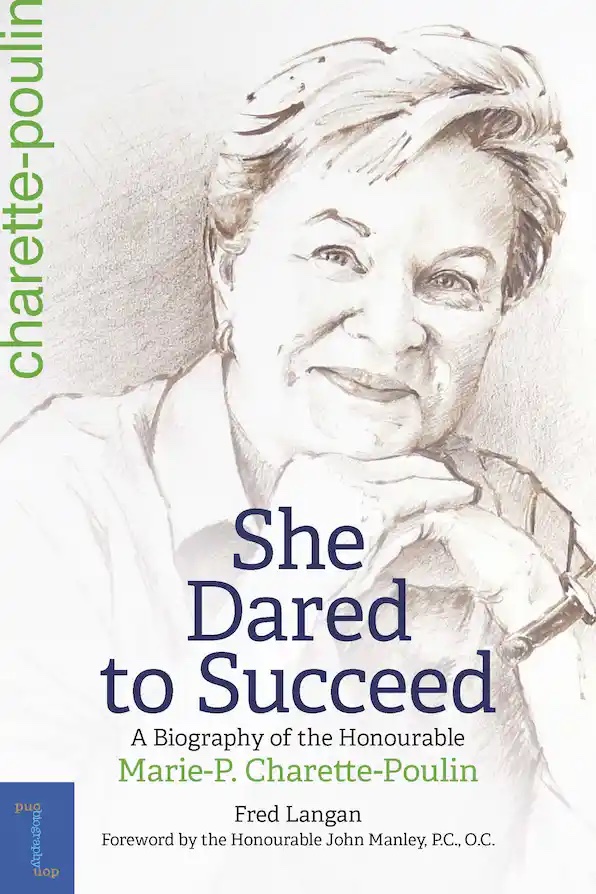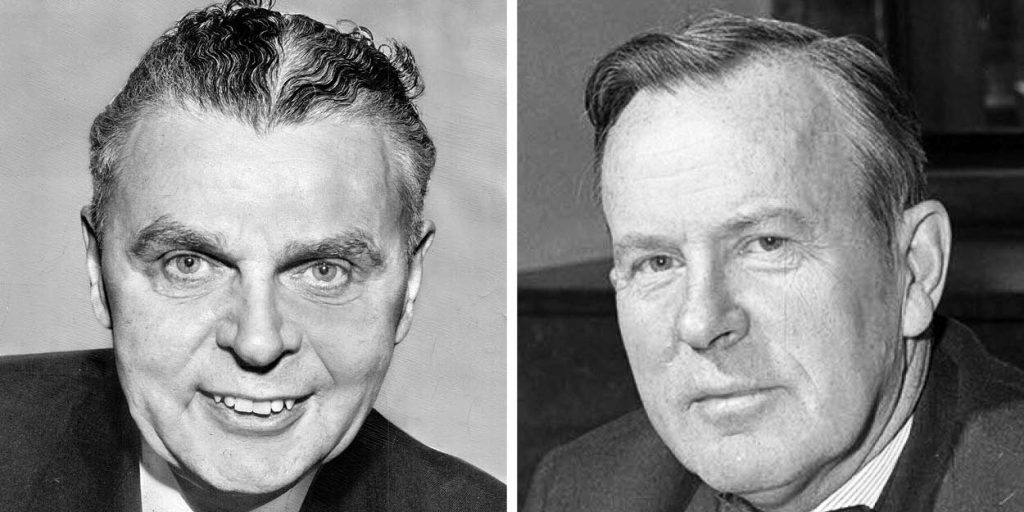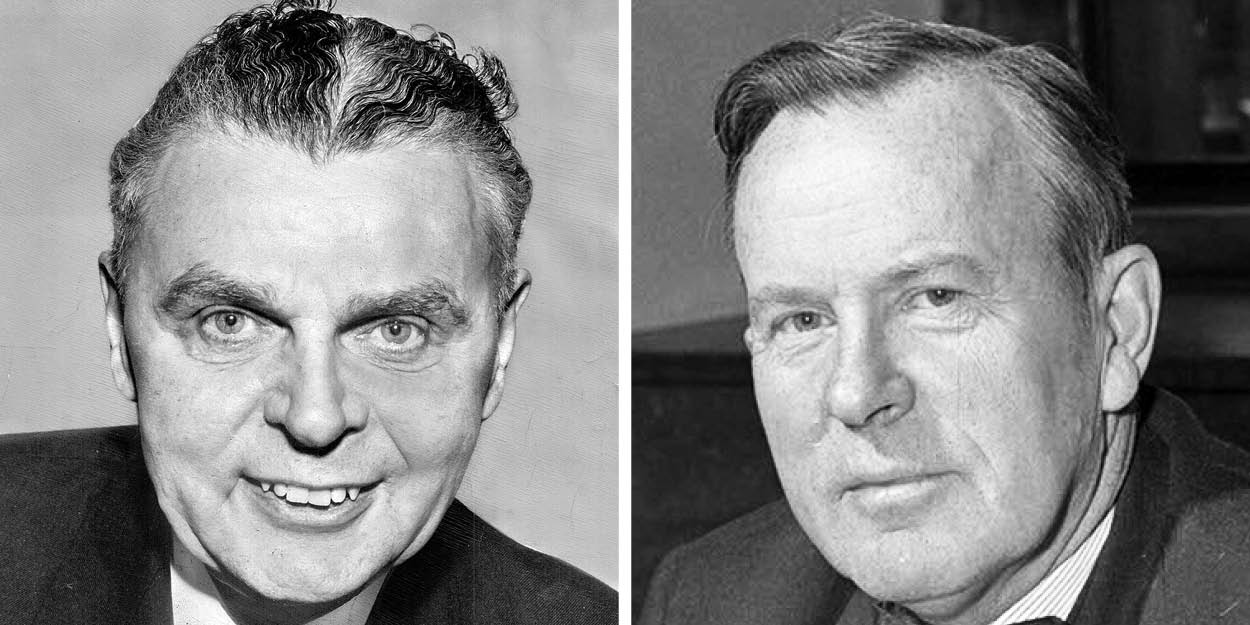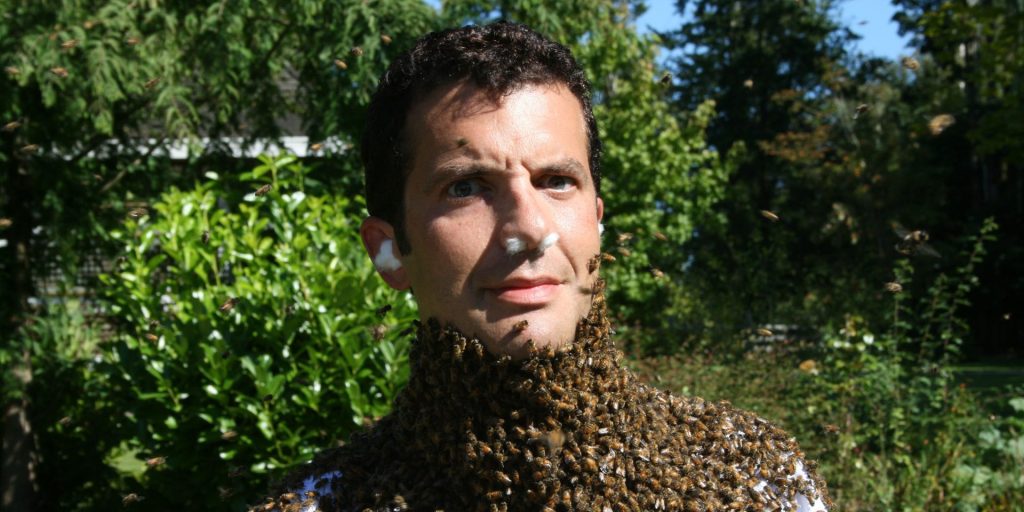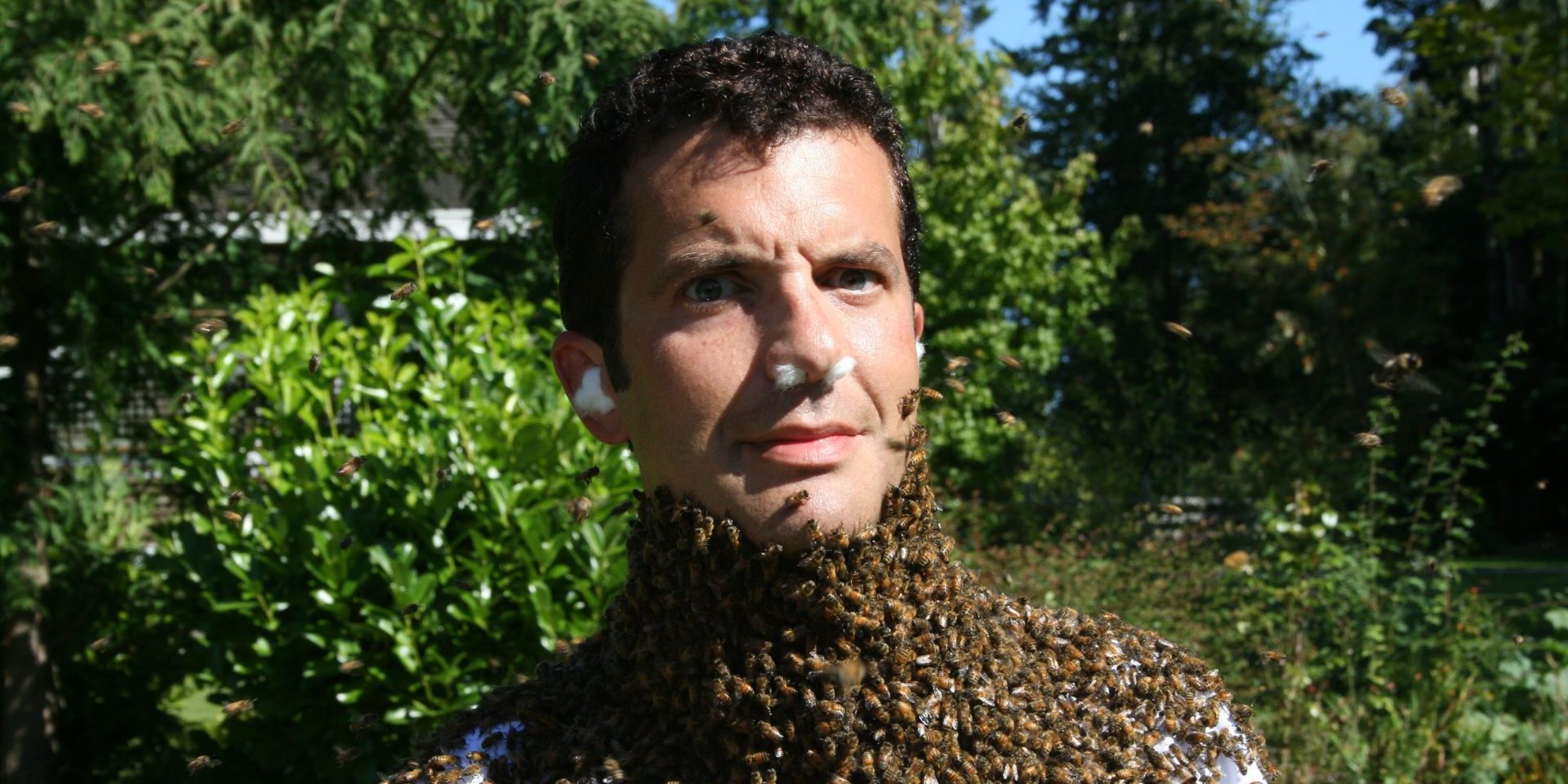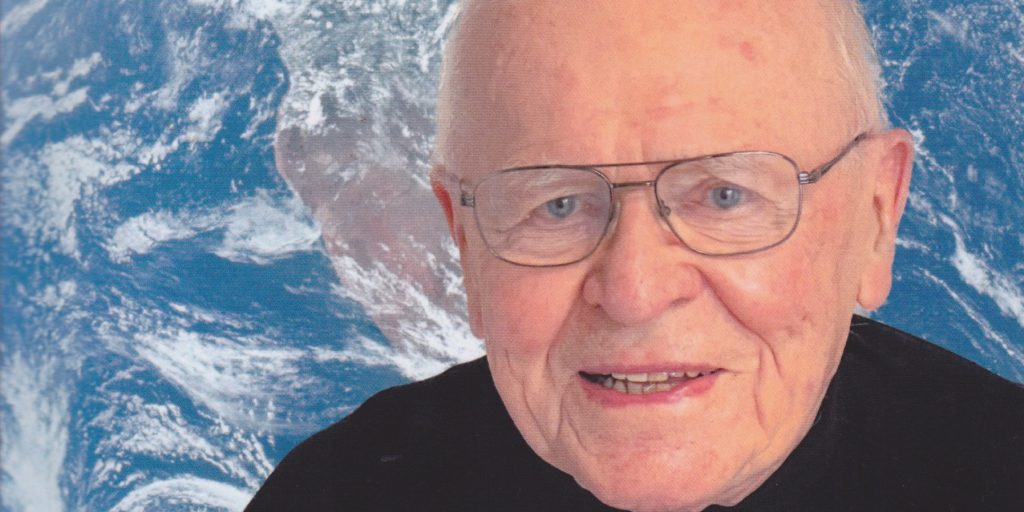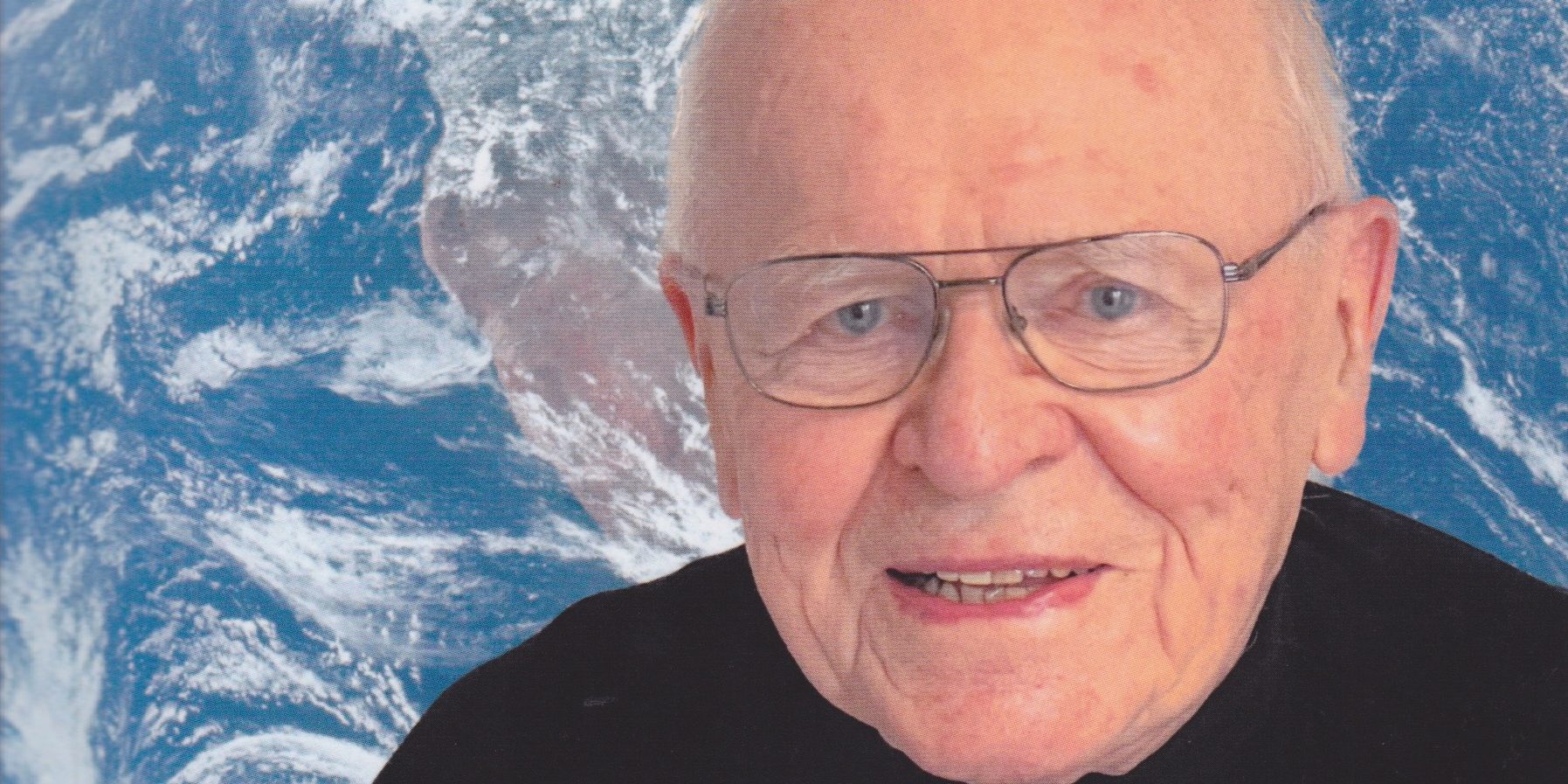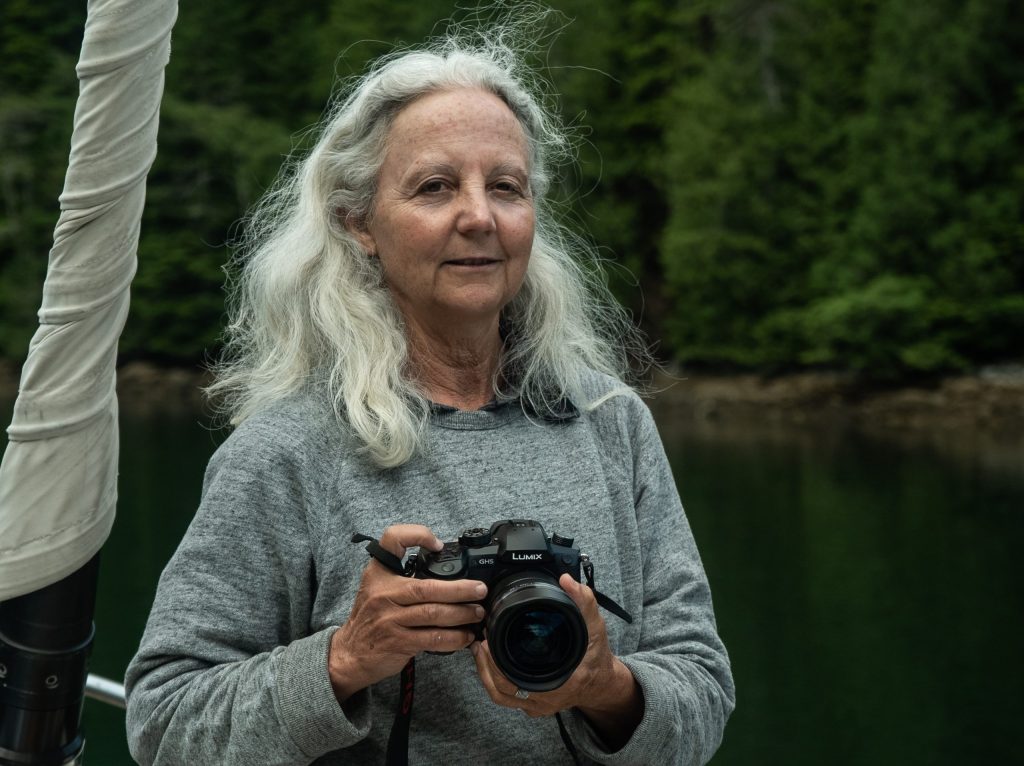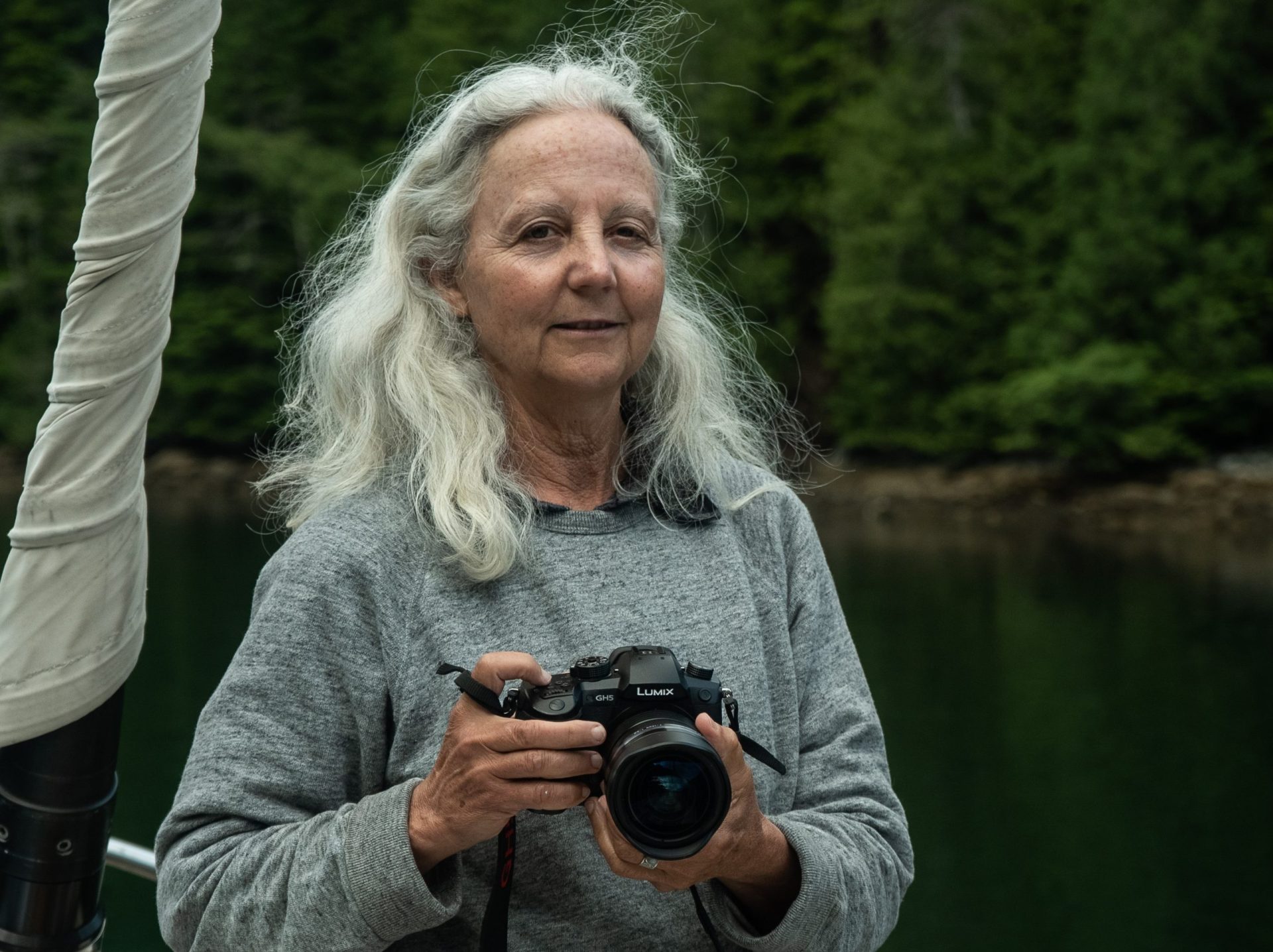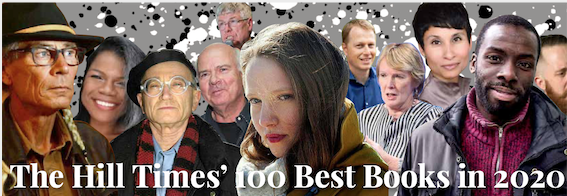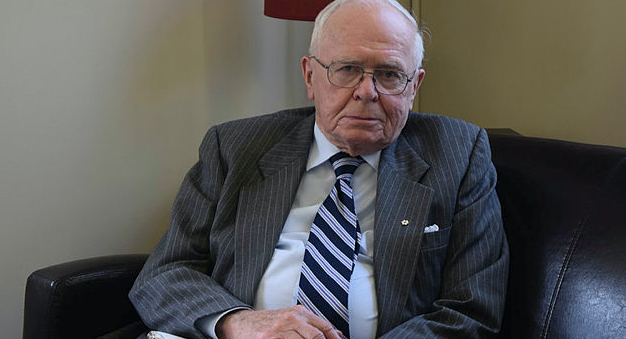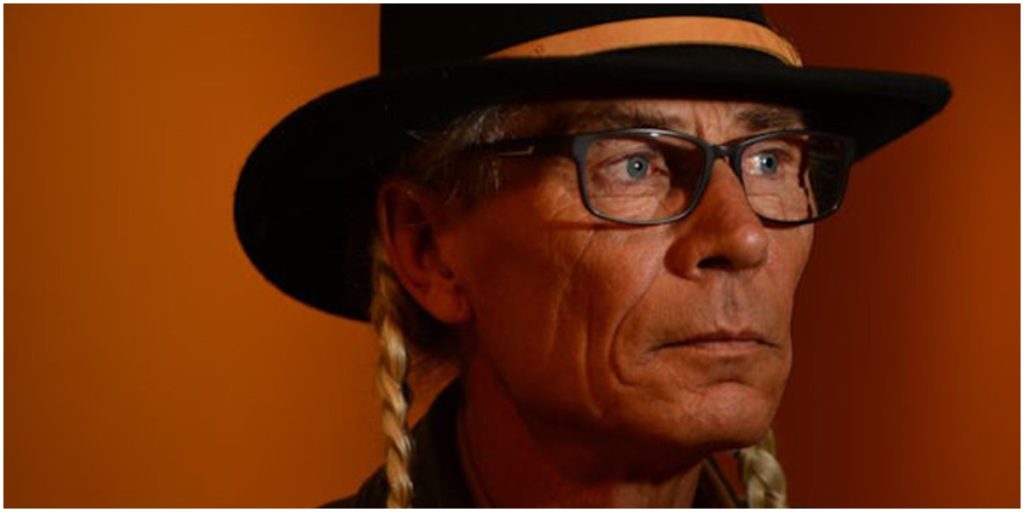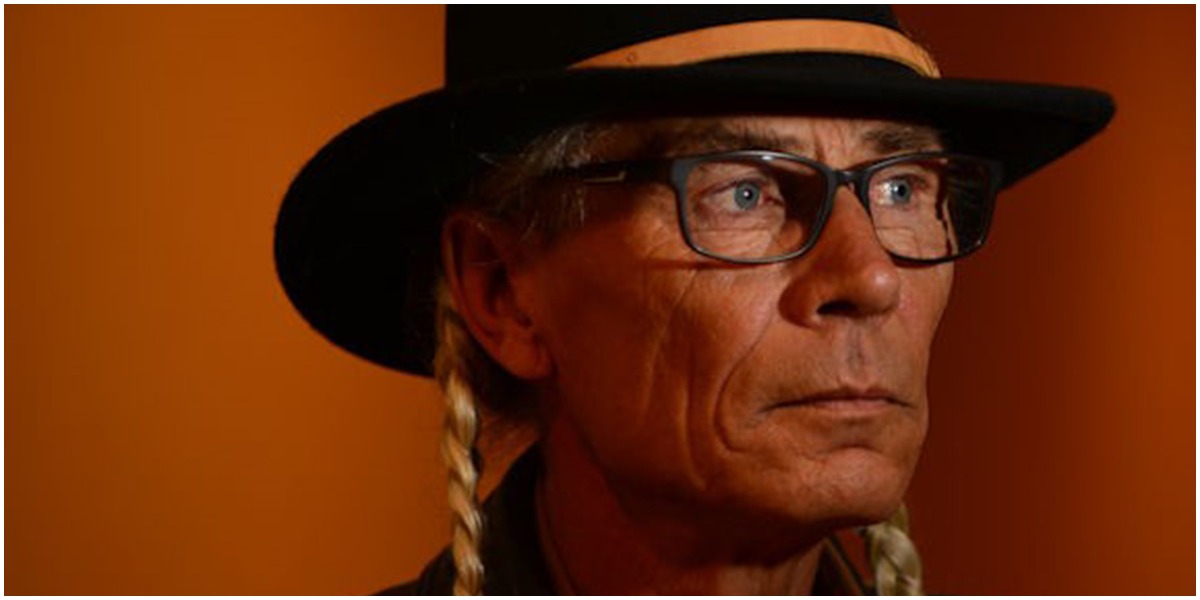Book Review
- Charlie Angus talks about his new book, Dangerous Memory: Coming of Age in the Decade of Greed, and about the state of federal politics
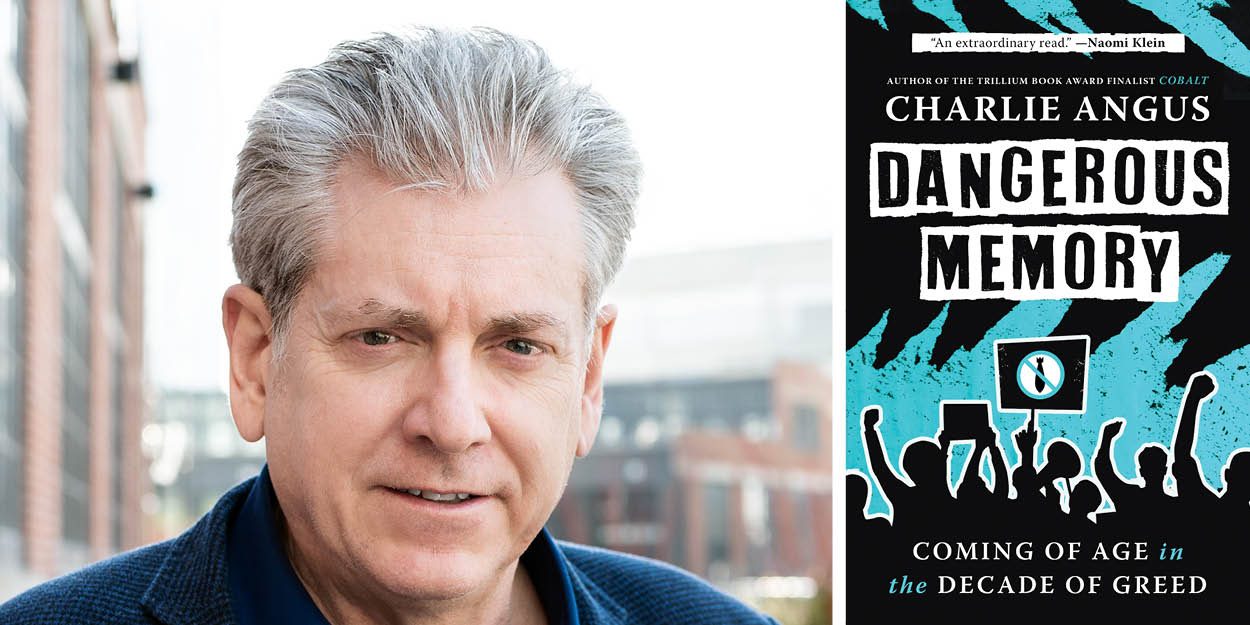
- Charlie Angus talks about his new book, Dangerous Memory: Coming of Age in the Decade of Greed, and about the state of federal politics
- Charlie Angus talks about his new book, Dangerous Memory: Coming of Age in the Decade of Greed, and about the state of federal politics
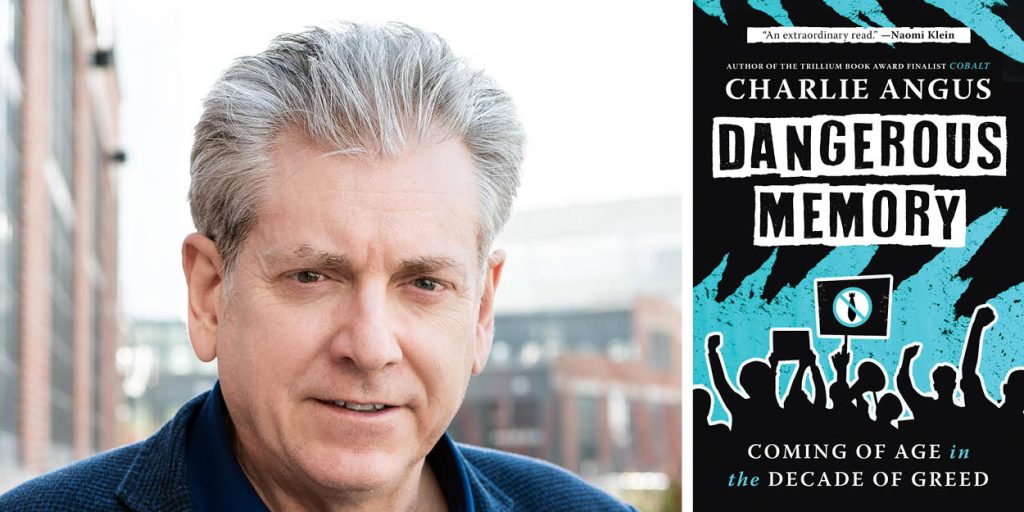
- Through nine persuasive yet demoralizing chapters, Jonathan Manthorpe leads us through his rational report card on our nation’s prospects. If we don't attend to
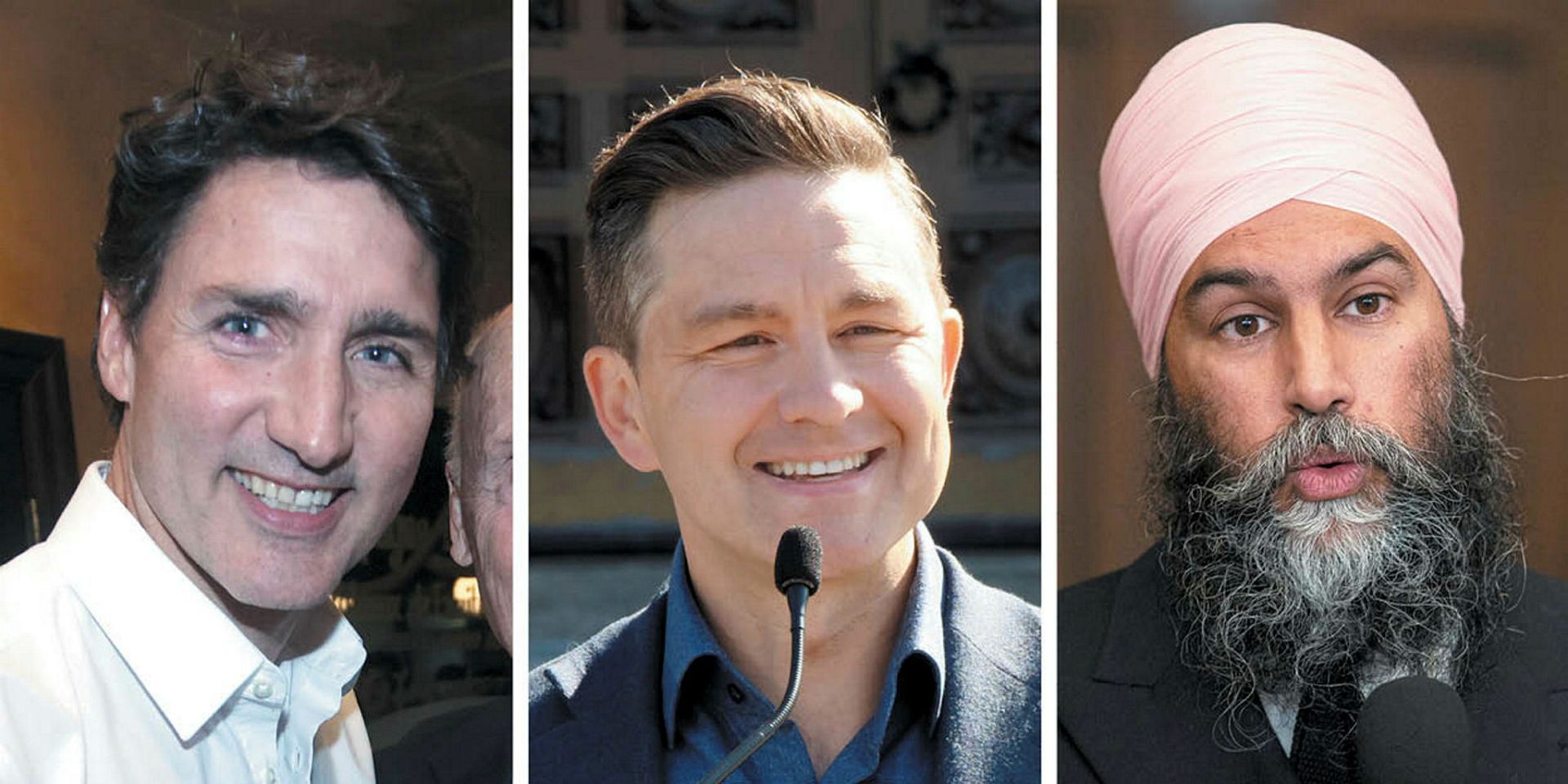
- Through nine persuasive yet demoralizing chapters, Jonathan Manthorpe leads us through his rational report card on our nation’s prospects. If we don't attend to
- Through nine persuasive yet demoralizing chapters, Jonathan Manthorpe leads us through his rational report card on our nation’s prospects. If we don't attend to
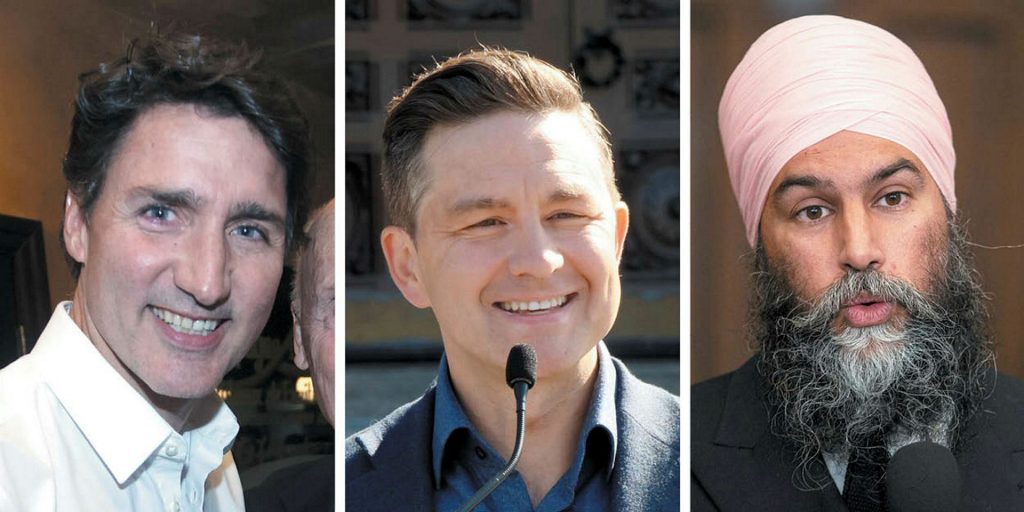
- Stephen Maher and Paul Wells both offer insights into who Justin Trudeau is and what makes him tick. But one wonders if we’ll ever
- Stephen Maher and Paul Wells both offer insights into who Justin Trudeau is and what makes him tick. But one wonders if we’ll ever
- Stephen Maher and Paul Wells both offer insights into who Justin Trudeau is and what makes him tick. But one wonders if we’ll ever
- In a sensational new book, Prime Minister Justin Trudeau says he's looking forward to running against Pierre Poilievre because he doesn't want Poilievre to
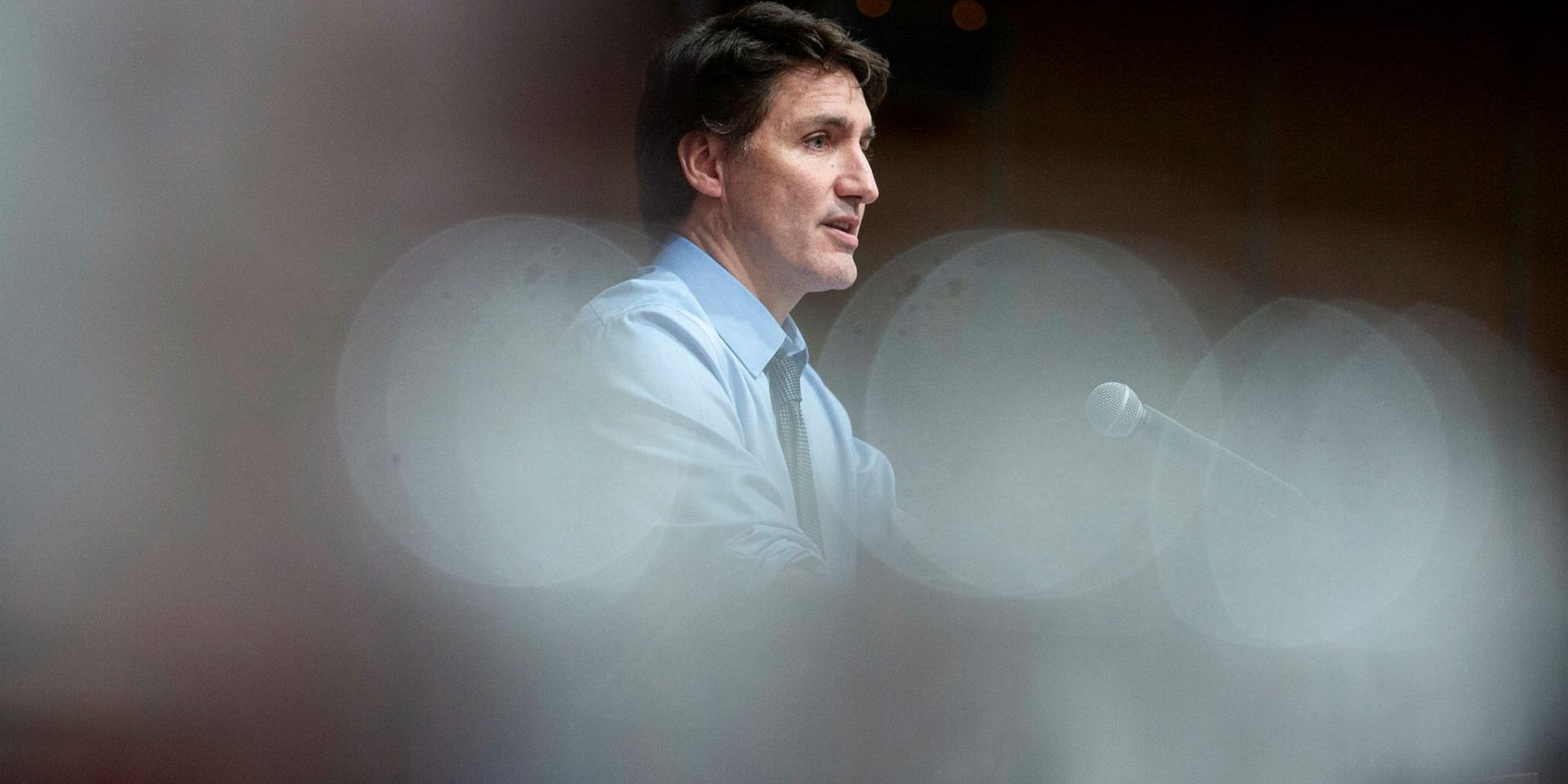
- In a sensational new book, Prime Minister Justin Trudeau says he's looking forward to running against Pierre Poilievre because he doesn't want Poilievre to
- In a sensational new book, Prime Minister Justin Trudeau says he's looking forward to running against Pierre Poilievre because he doesn't want Poilievre to
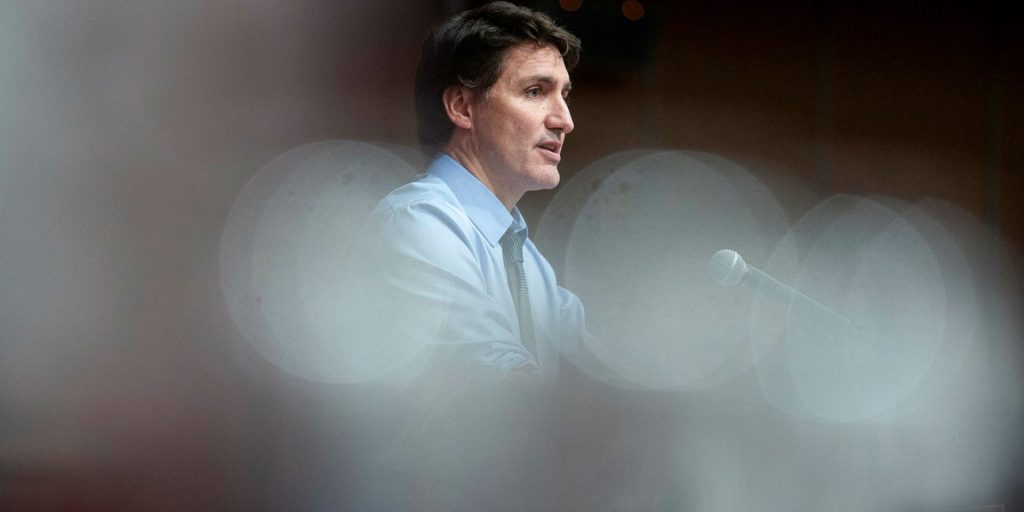
- Rob Goodman and Daniel J. Savoie tackle the same questions but in completely different ways. Thoughtful and compellingly argued, both books have been deservedly
- Rob Goodman and Daniel J. Savoie tackle the same questions but in completely different ways. Thoughtful and compellingly argued, both books have been deservedly
- Rob Goodman and Daniel J. Savoie tackle the same questions but in completely different ways. Thoughtful and compellingly argued, both books have been deservedly
- In Fire Weather, John Vaillant combines history, science, and Promethean fable to place the 2016 Fort McMurray wildfires as a harbinger of a new
- In Fire Weather, John Vaillant combines history, science, and Promethean fable to place the 2016 Fort McMurray wildfires as a harbinger of a new
- In Fire Weather, John Vaillant combines history, science, and Promethean fable to place the 2016 Fort McMurray wildfires as a harbinger of a new
- Below is an excerpt from Fire Weather: The Making of a Beast, by John Vaillant, published by Knopf Canada, one of the five finalists
- Below is an excerpt from Fire Weather: The Making of a Beast, by John Vaillant, published by Knopf Canada, one of the five finalists
- Below is an excerpt from Fire Weather: The Making of a Beast, by John Vaillant, published by Knopf Canada, one of the five finalists
- An eroding democracy is a threat to democracy in its neighbours. The following is an excerpt from Not Here: Why American Democracy is Eroding
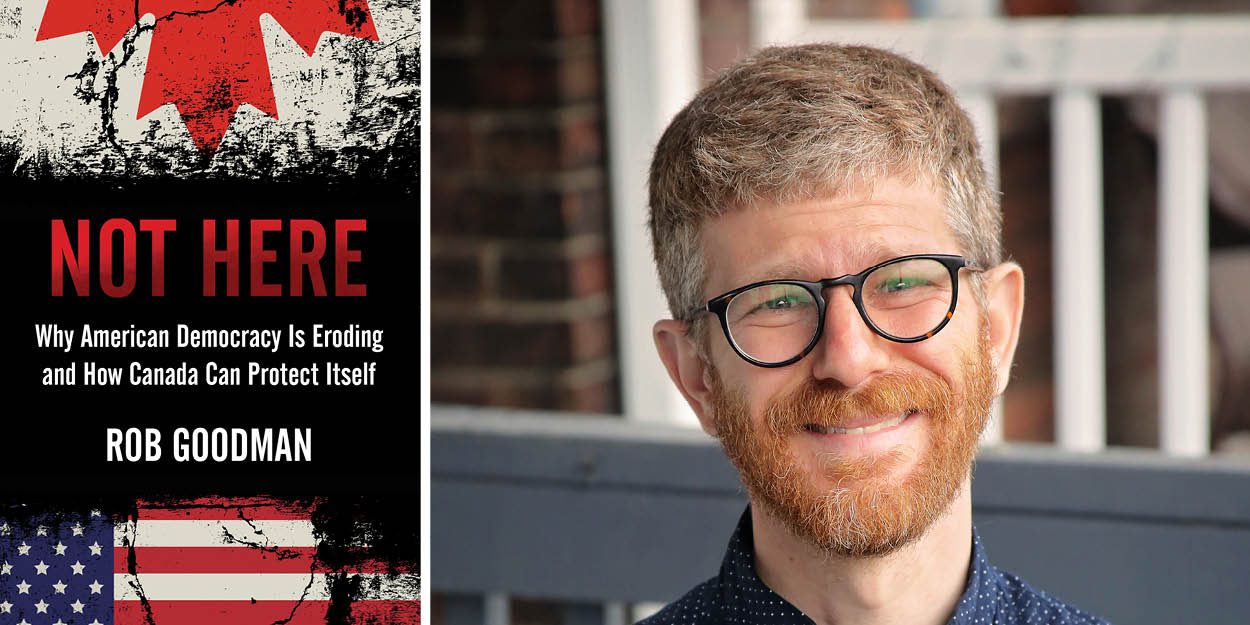
- An eroding democracy is a threat to democracy in its neighbours. The following is an excerpt from Not Here: Why American Democracy is Eroding
- An eroding democracy is a threat to democracy in its neighbours. The following is an excerpt from Not Here: Why American Democracy is Eroding
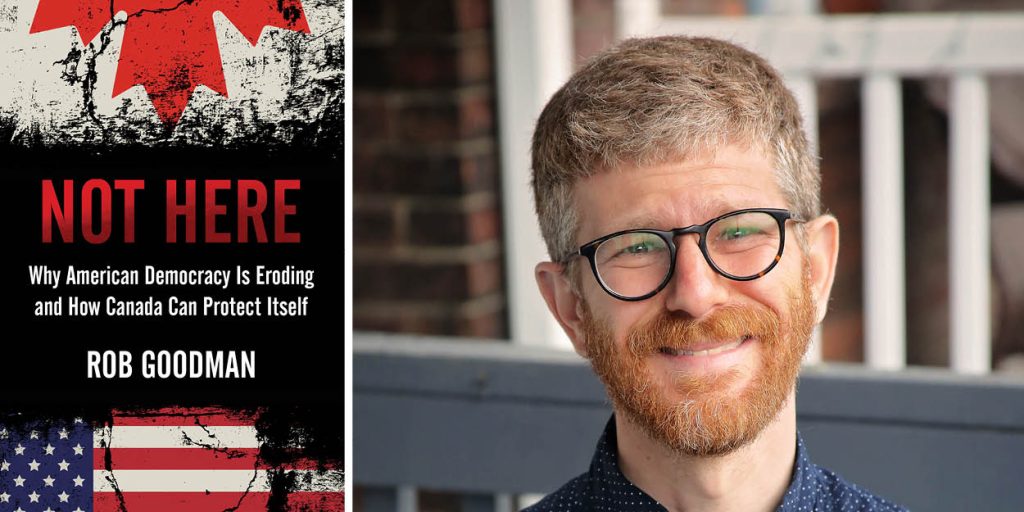
- Our criminal justice system is facing an existential crisis. The following is an excerpt from Benjamin Perrin's book, Indictment: The Criminal Justice System on
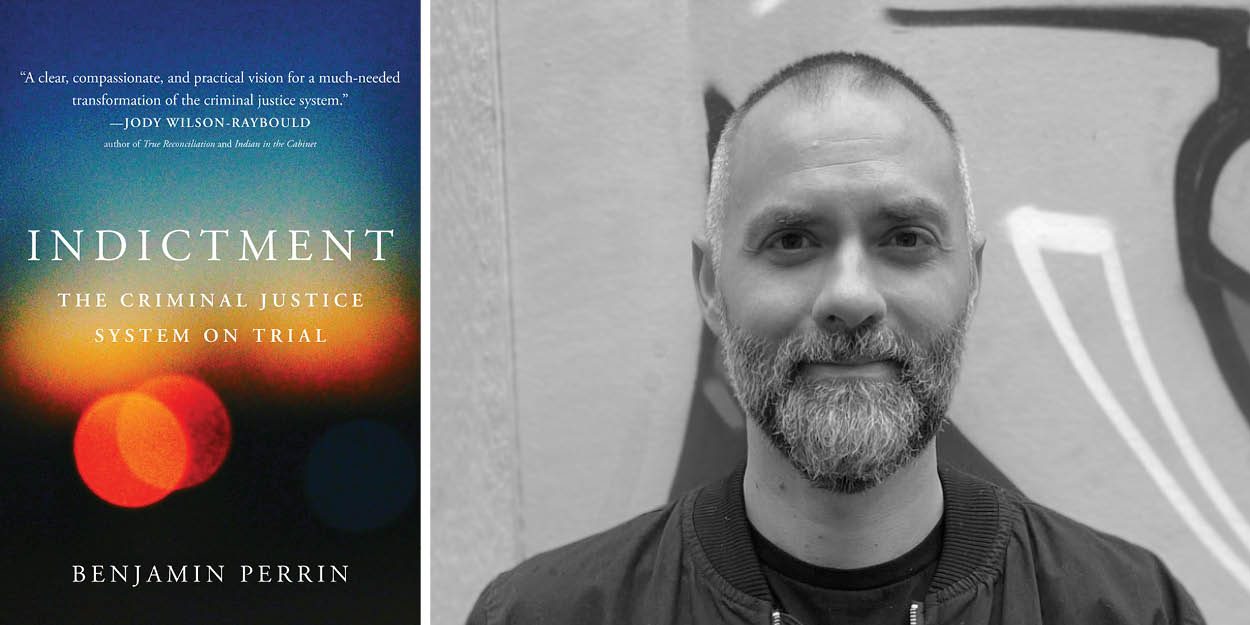
- Our criminal justice system is facing an existential crisis. The following is an excerpt from Benjamin Perrin's book, Indictment: The Criminal Justice System on
- Our criminal justice system is facing an existential crisis. The following is an excerpt from Benjamin Perrin's book, Indictment: The Criminal Justice System on
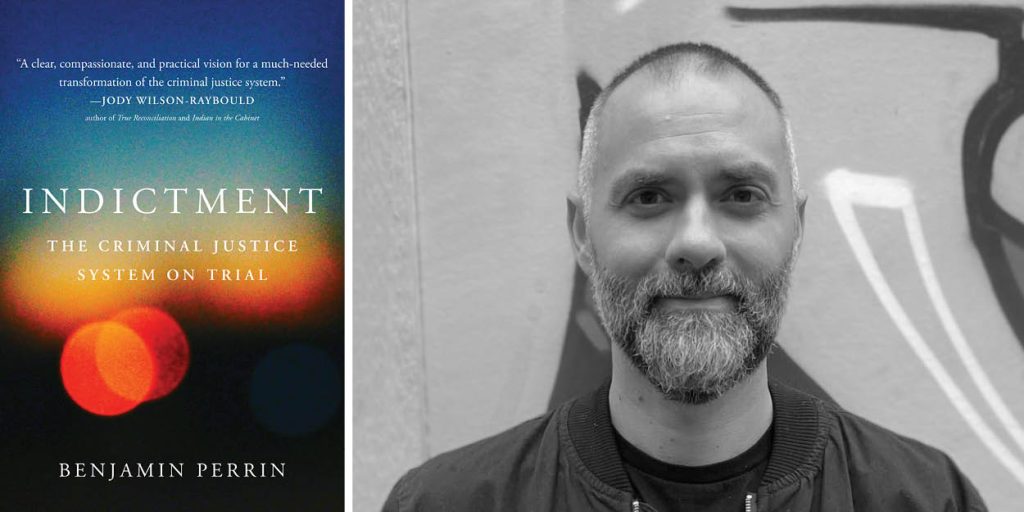
- The following is an excerpt from The Age of Insecurity: Coming Together as Things Fall Apart, by Astra Taylor, and published by House of
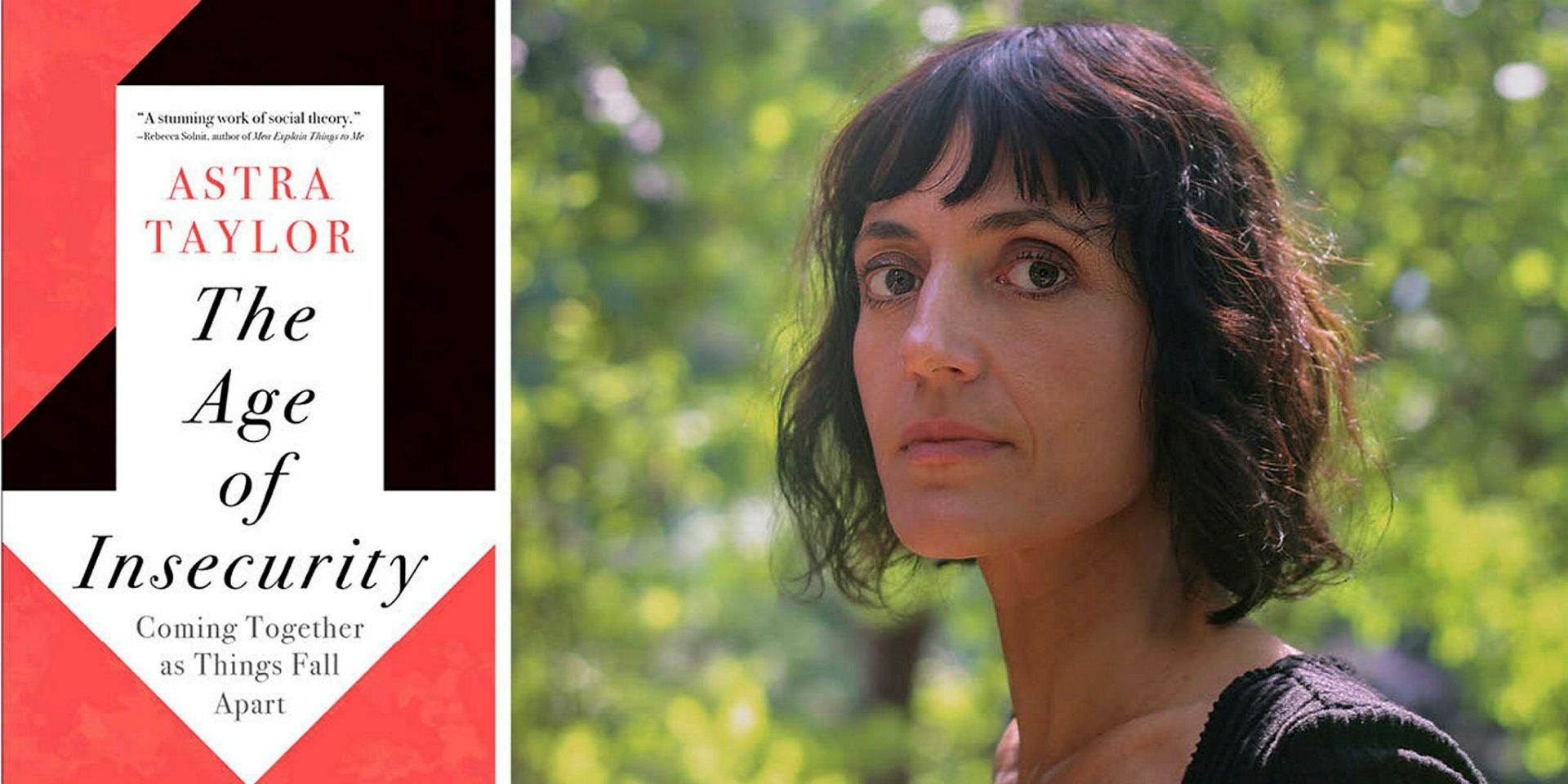
- The following is an excerpt from The Age of Insecurity: Coming Together as Things Fall Apart, by Astra Taylor, and published by House of
- The following is an excerpt from The Age of Insecurity: Coming Together as Things Fall Apart, by Astra Taylor, and published by House of
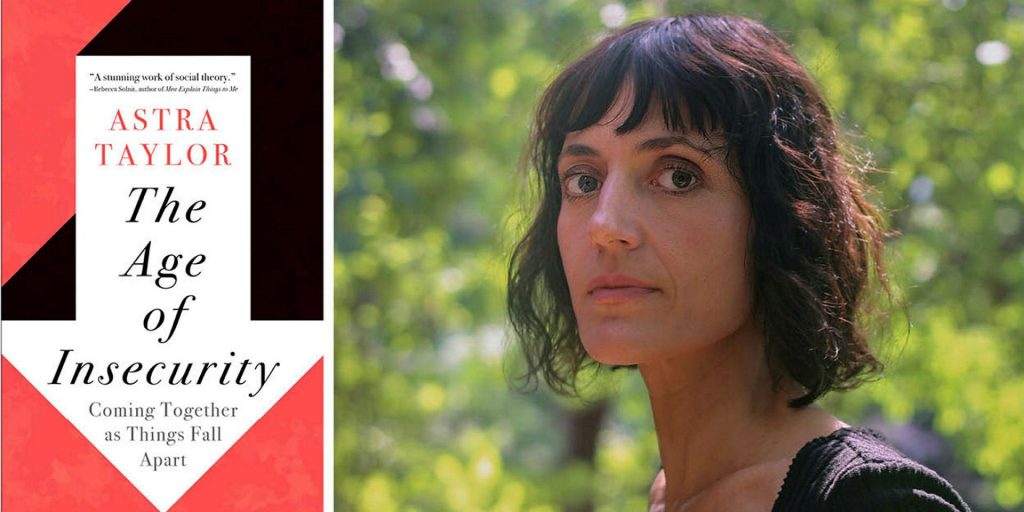
- The following is an excerpt from Canada: Beyond Grudges, Grievances, and Disunity, by Donald Savoie, one of five books shortlisted for this year's Shaughnessy
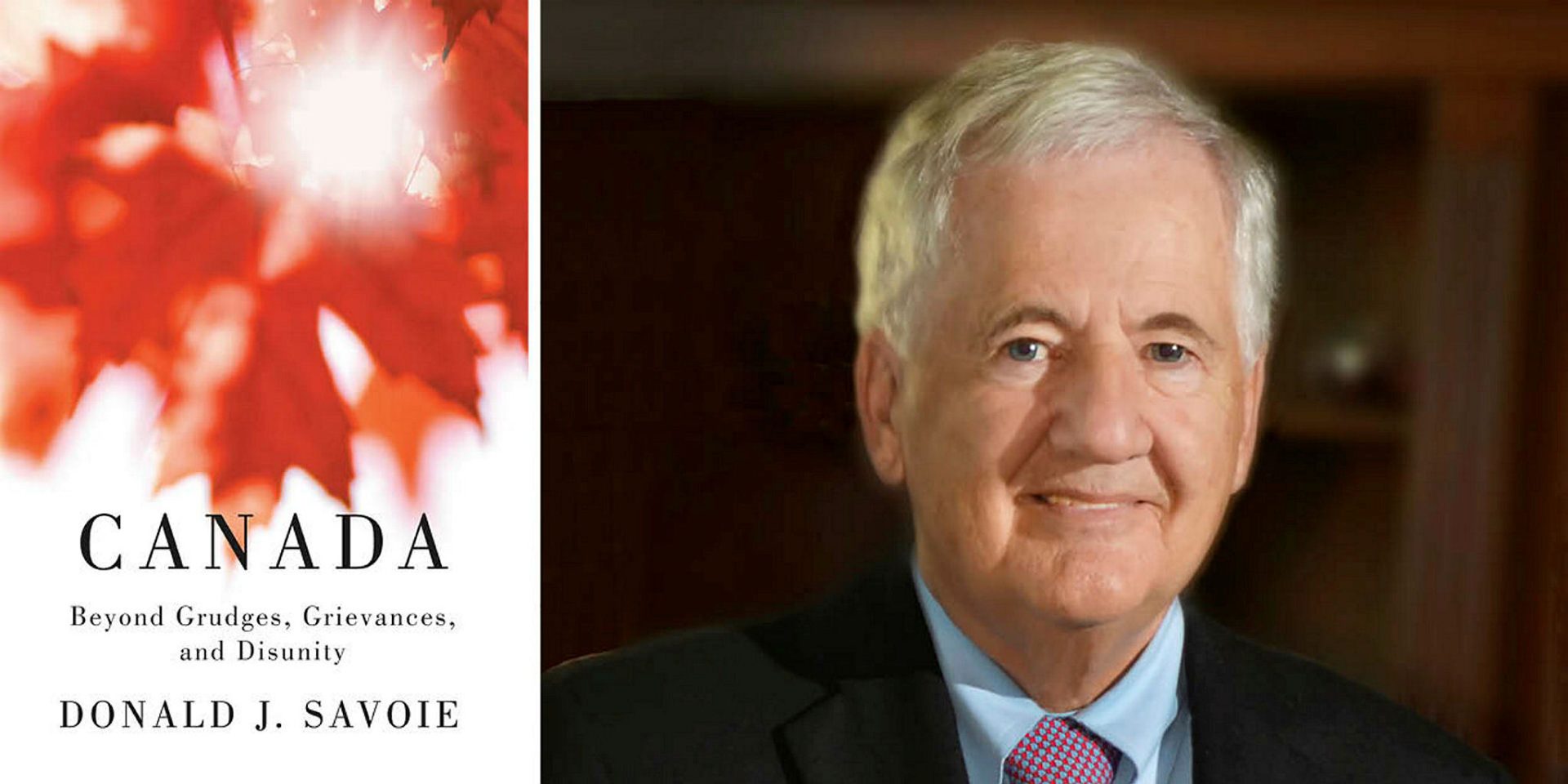
- The following is an excerpt from Canada: Beyond Grudges, Grievances, and Disunity, by Donald Savoie, one of five books shortlisted for this year's Shaughnessy
- The following is an excerpt from Canada: Beyond Grudges, Grievances, and Disunity, by Donald Savoie, one of five books shortlisted for this year's Shaughnessy
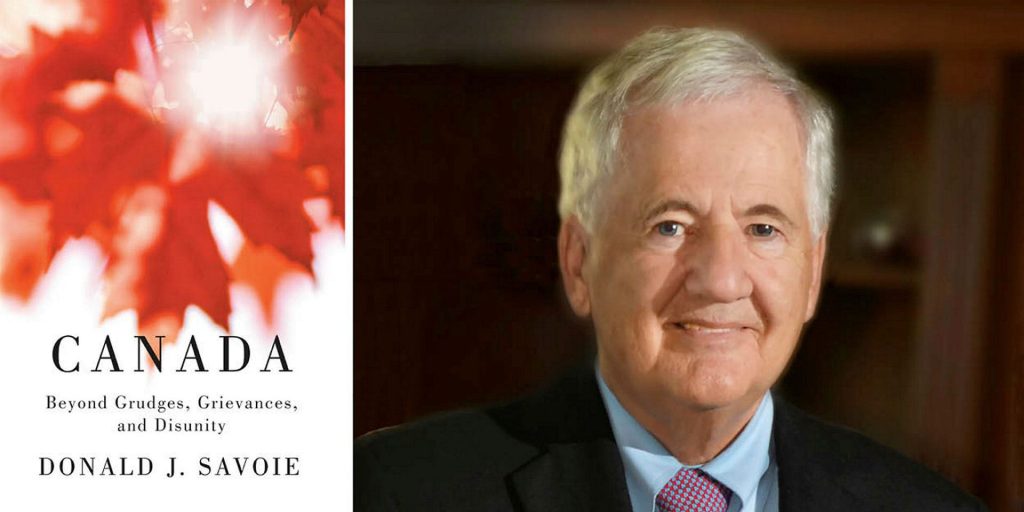
- The following is an excerpt from The Privacy Fallacy: Harm and Power in the Information Economy, by Ignacio Cofone, published by Cambridge University Press,
- The following is an excerpt from The Privacy Fallacy: Harm and Power in the Information Economy, by Ignacio Cofone, published by Cambridge University Press,
- The following is an excerpt from The Privacy Fallacy: Harm and Power in the Information Economy, by Ignacio Cofone, published by Cambridge University Press,
- The following is an excerpt from Who Owns Outer Space? International Law, Astrophysics, and the Sustainable Development of Space, one of five finalists for
- The following is an excerpt from Who Owns Outer Space? International Law, Astrophysics, and the Sustainable Development of Space, one of five finalists for
- The following is an excerpt from Who Owns Outer Space? International Law, Astrophysics, and the Sustainable Development of Space, one of five finalists for
- The following is an excerpt from Kent Roach's Wrongfully Convicted: Guilty Pleas, Imagined Crimes and What Canada Must Do to Safeguard Justice, published by Simon
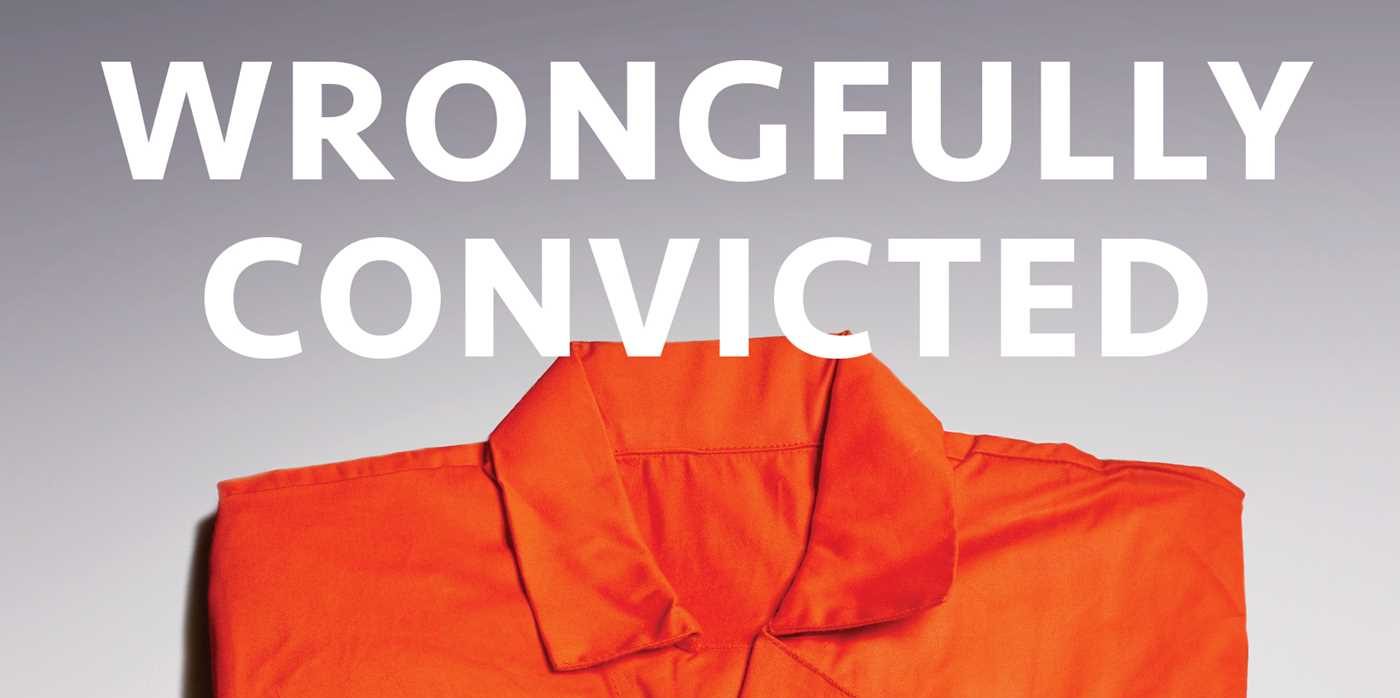
- The following is an excerpt from Kent Roach's Wrongfully Convicted: Guilty Pleas, Imagined Crimes and What Canada Must Do to Safeguard Justice, published by Simon
- The following is an excerpt from Kent Roach's Wrongfully Convicted: Guilty Pleas, Imagined Crimes and What Canada Must Do to Safeguard Justice, published by Simon
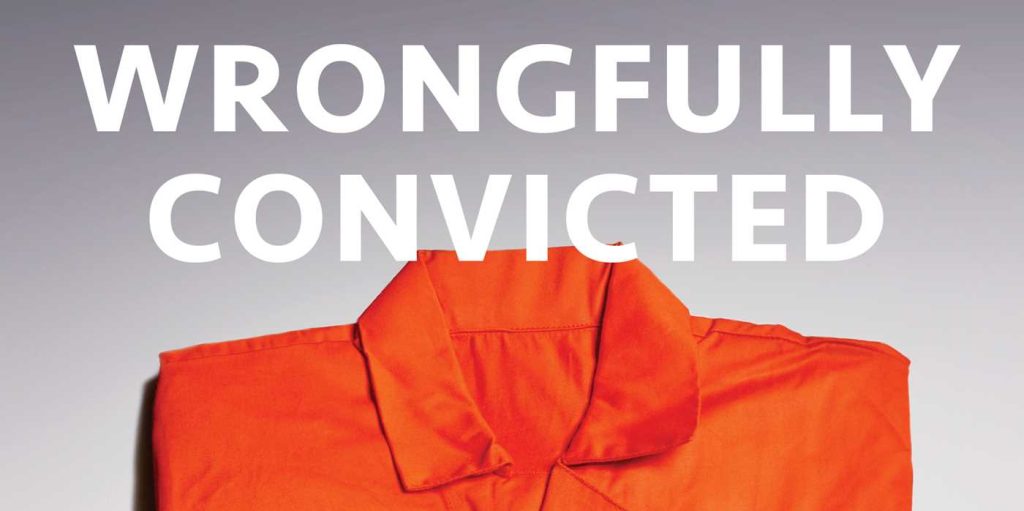
- The following is an excerpt from Pandemic Panic: How Canadian Government Responses to COVID-19 Changed Civil Liberties Forever, one of the five books shortlisted
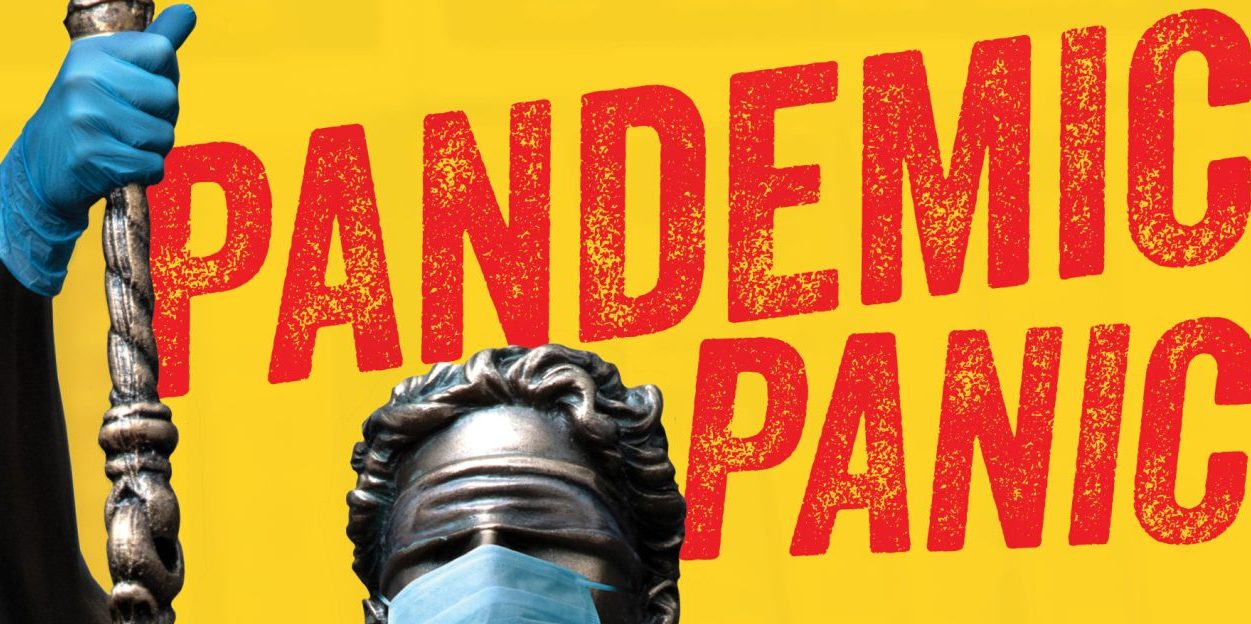
- The following is an excerpt from Pandemic Panic: How Canadian Government Responses to COVID-19 Changed Civil Liberties Forever, one of the five books shortlisted
- The following is an excerpt from Pandemic Panic: How Canadian Government Responses to COVID-19 Changed Civil Liberties Forever, one of the five books shortlisted
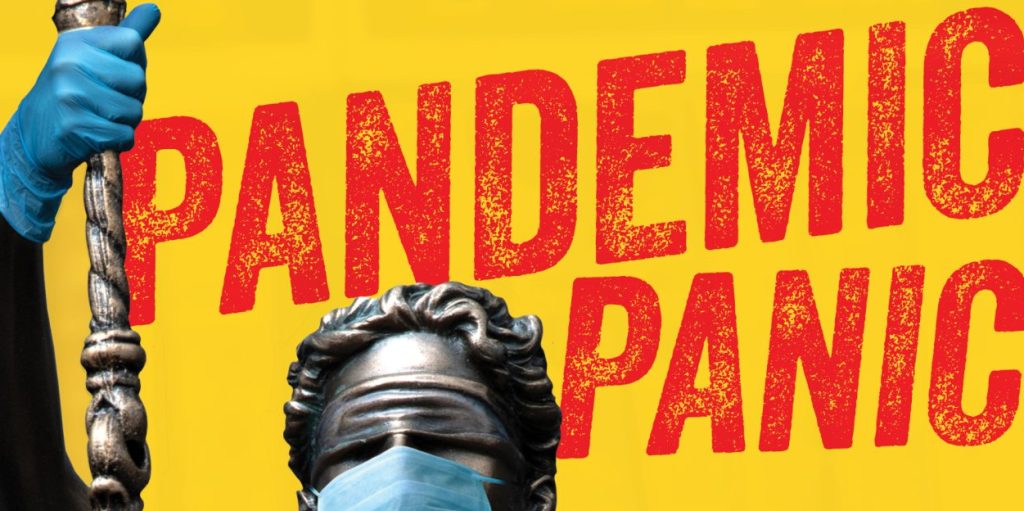
- The following is an excerpt from The Legal Singularity: How Artificial Intelligence Can Make Law Radically Better, one of the five books shortlisted for
- The following is an excerpt from The Legal Singularity: How Artificial Intelligence Can Make Law Radically Better, one of the five books shortlisted for
- The following is an excerpt from The Legal Singularity: How Artificial Intelligence Can Make Law Radically Better, one of the five books shortlisted for
- The Rogers family did not offer much co-operation on this book. But relying on her previous reporting at The Globe and Mail, public documents and
- The Rogers family did not offer much co-operation on this book. But relying on her previous reporting at The Globe and Mail, public documents and
- The Rogers family did not offer much co-operation on this book. But relying on her previous reporting at The Globe and Mail, public documents and
- As the senior news executive at The Washington Post, Martin Baron was a key member of that establishment press. His newsroom was a thorn in
- As the senior news executive at The Washington Post, Martin Baron was a key member of that establishment press. His newsroom was a thorn in
- As the senior news executive at The Washington Post, Martin Baron was a key member of that establishment press. His newsroom was a thorn in
- Is Parliament doomed to fail? Or is it not as bad as most Canadians think it is? Jonathan Malloy, a scholar of Canadian political
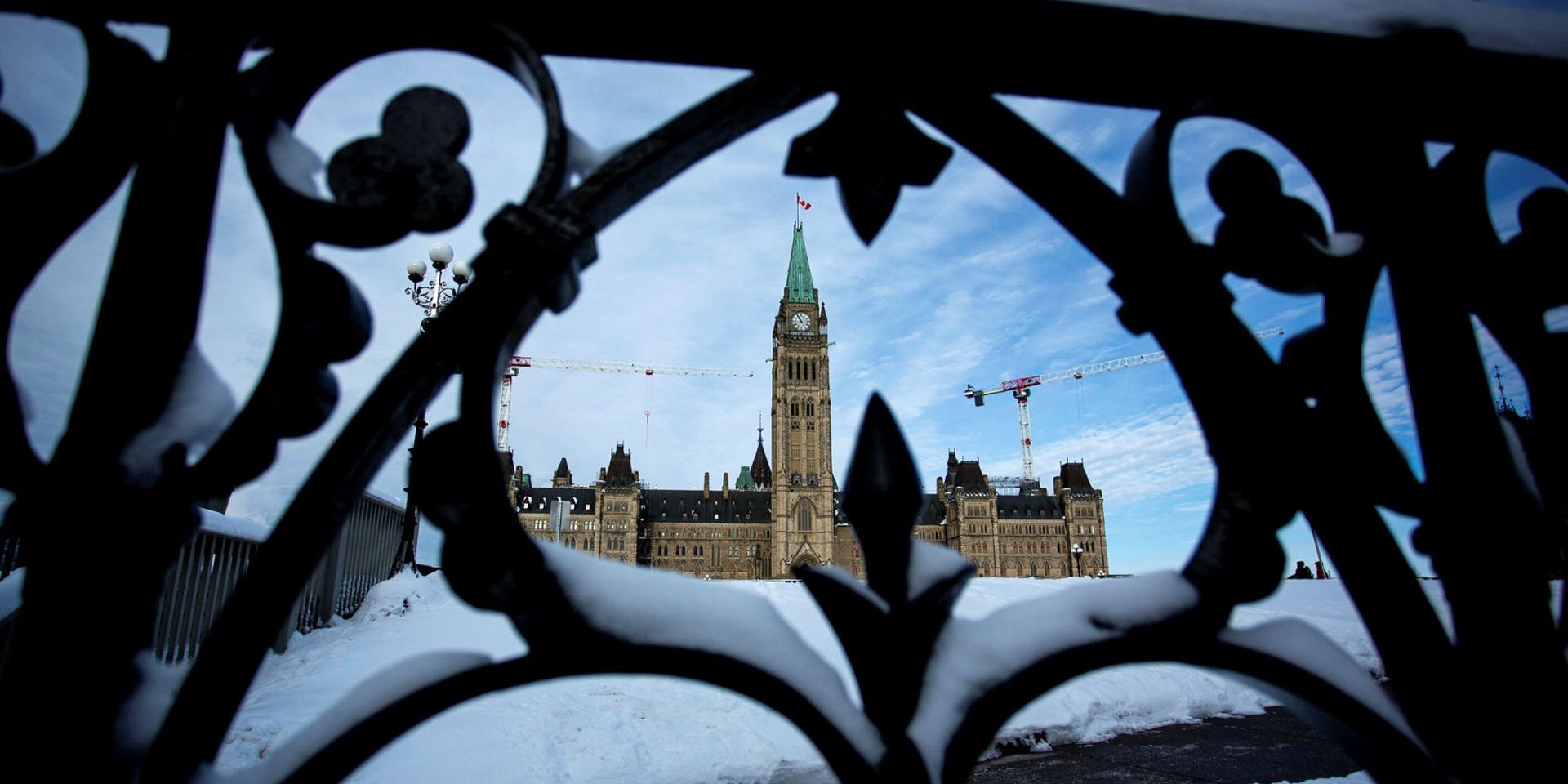
- Is Parliament doomed to fail? Or is it not as bad as most Canadians think it is? Jonathan Malloy, a scholar of Canadian political
- Is Parliament doomed to fail? Or is it not as bad as most Canadians think it is? Jonathan Malloy, a scholar of Canadian political
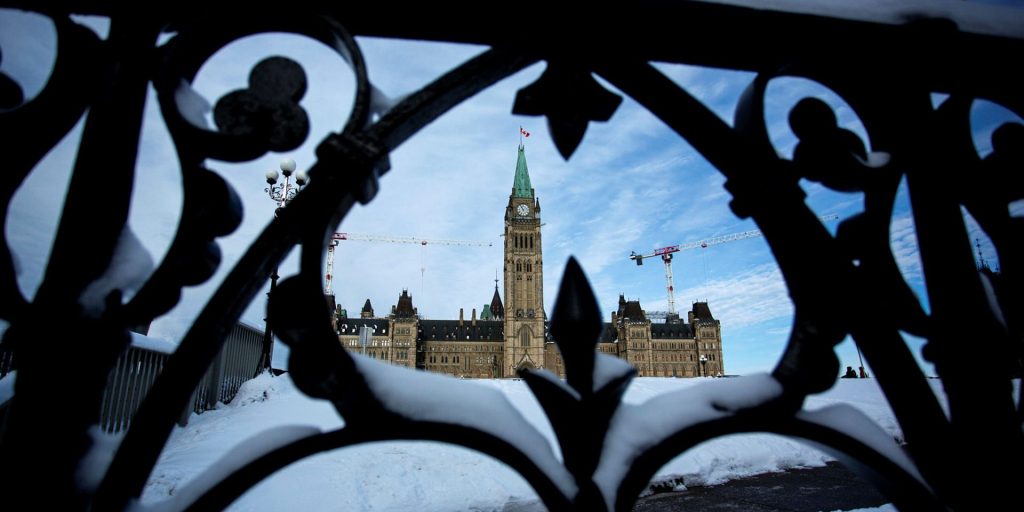
- Marie-Paule Charette-Poulin’s strong character and unique career stand up against lingering bad karma from the Senate expenses scandal.
- Marie-Paule Charette-Poulin’s strong character and unique career stand up against lingering bad karma from the Senate expenses scandal.
- Marie-Paule Charette-Poulin’s strong character and unique career stand up against lingering bad karma from the Senate expenses scandal.
- If Pierre Poilievre becomes prime minister at the next election, a key test for his success and populism will be if he keeps the
- If Pierre Poilievre becomes prime minister at the next election, a key test for his success and populism will be if he keeps the
- If Pierre Poilievre becomes prime minister at the next election, a key test for his success and populism will be if he keeps the
- 'It’s absolutely true that the way we speak with one another in the House of Commons is not acceptable in any workplace, anywhere in
- 'It’s absolutely true that the way we speak with one another in the House of Commons is not acceptable in any workplace, anywhere in
- 'It’s absolutely true that the way we speak with one another in the House of Commons is not acceptable in any workplace, anywhere in
- In his just-released volume, The Duel: Diefenbaker, Pearson, and the Making of Modern Canada, John Ibbitson gives the 13th prime minister a fair shake
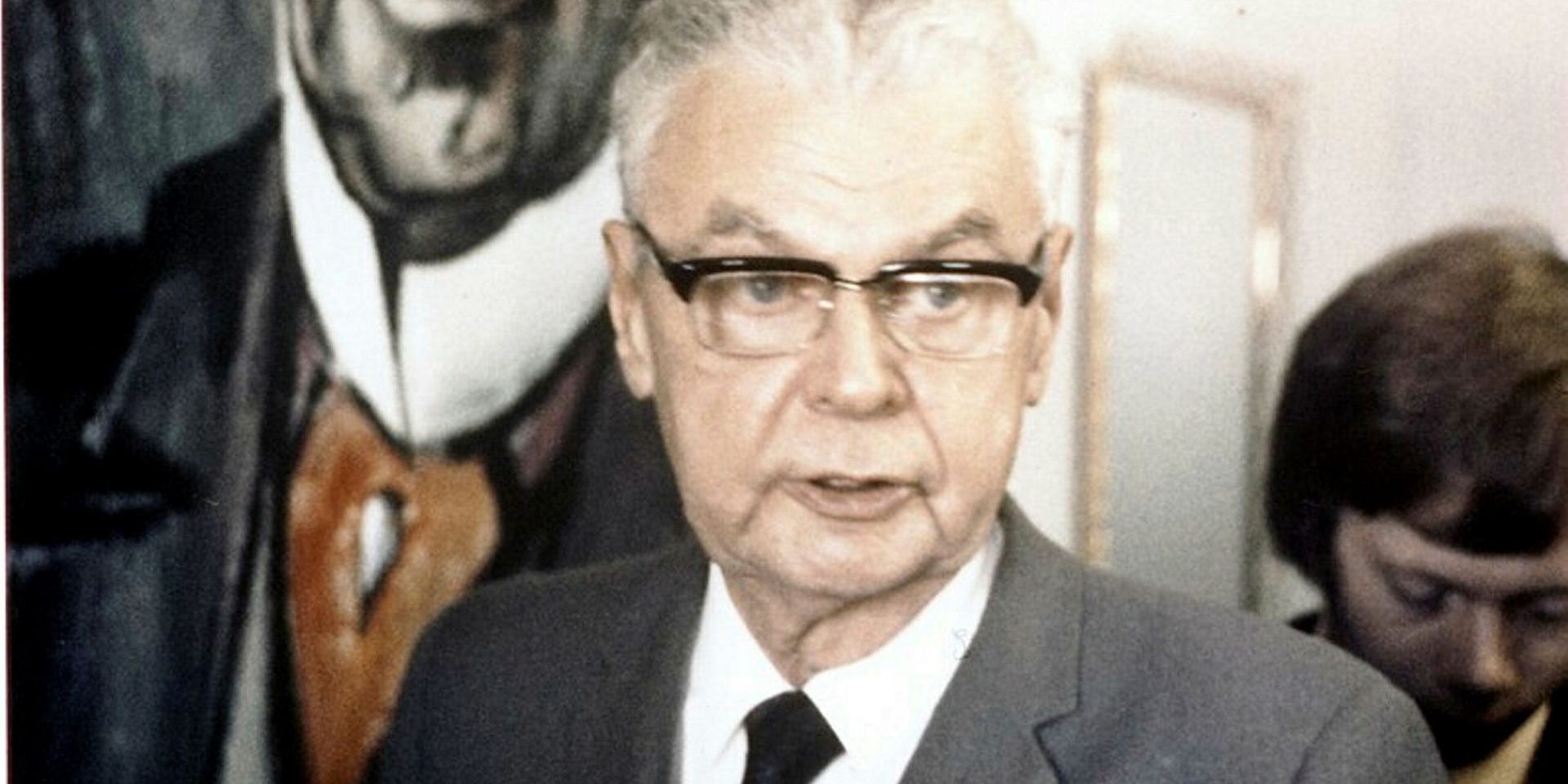
- In his just-released volume, The Duel: Diefenbaker, Pearson, and the Making of Modern Canada, John Ibbitson gives the 13th prime minister a fair shake
- In his just-released volume, The Duel: Diefenbaker, Pearson, and the Making of Modern Canada, John Ibbitson gives the 13th prime minister a fair shake
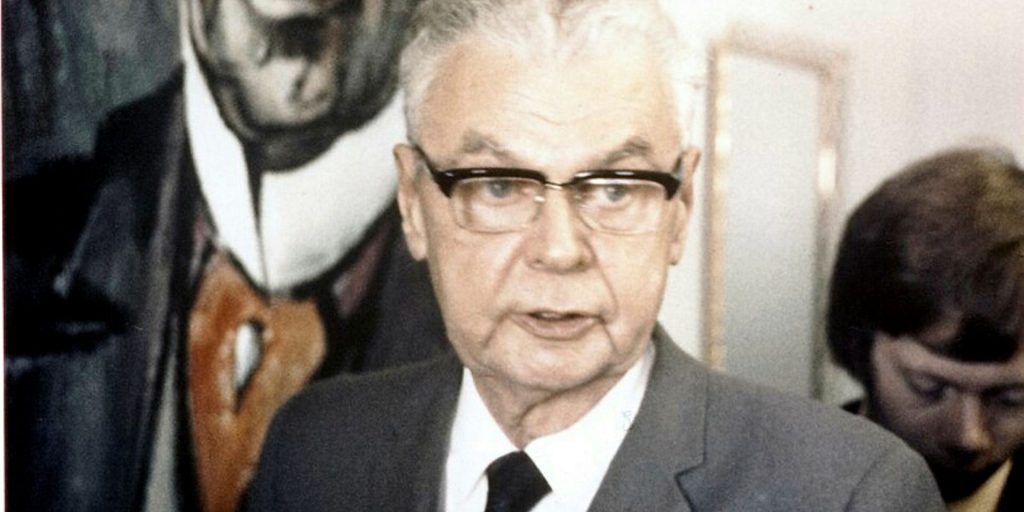
- Hope is rooted in our spirit. It is not a tangible thing we can put on the table to bargain over. Hope is a
- Hope is rooted in our spirit. It is not a tangible thing we can put on the table to bargain over. Hope is a
- Hope is rooted in our spirit. It is not a tangible thing we can put on the table to bargain over. Hope is a
- Roy MacGregor was a small-town kid from Ontario's backwoods who made it big in Canada's media world. In Paper Trails, he tells the story
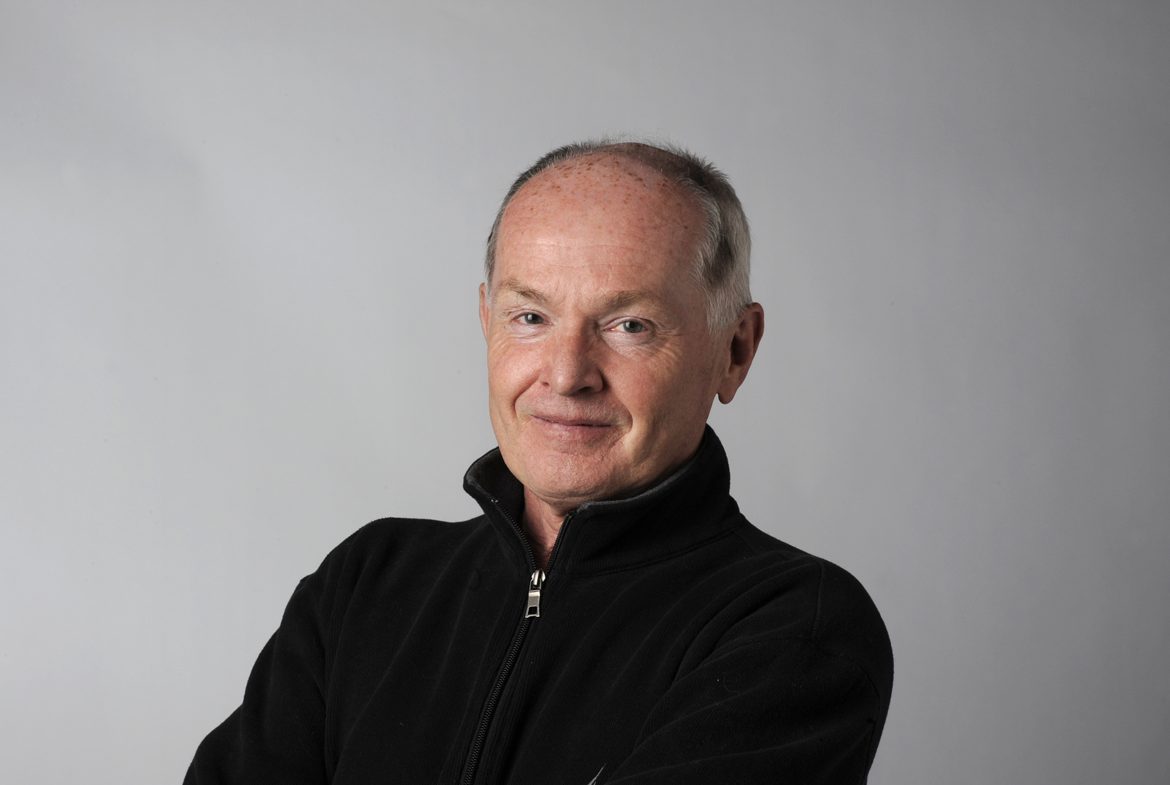
- Roy MacGregor was a small-town kid from Ontario's backwoods who made it big in Canada's media world. In Paper Trails, he tells the story
- Roy MacGregor was a small-town kid from Ontario's backwoods who made it big in Canada's media world. In Paper Trails, he tells the story
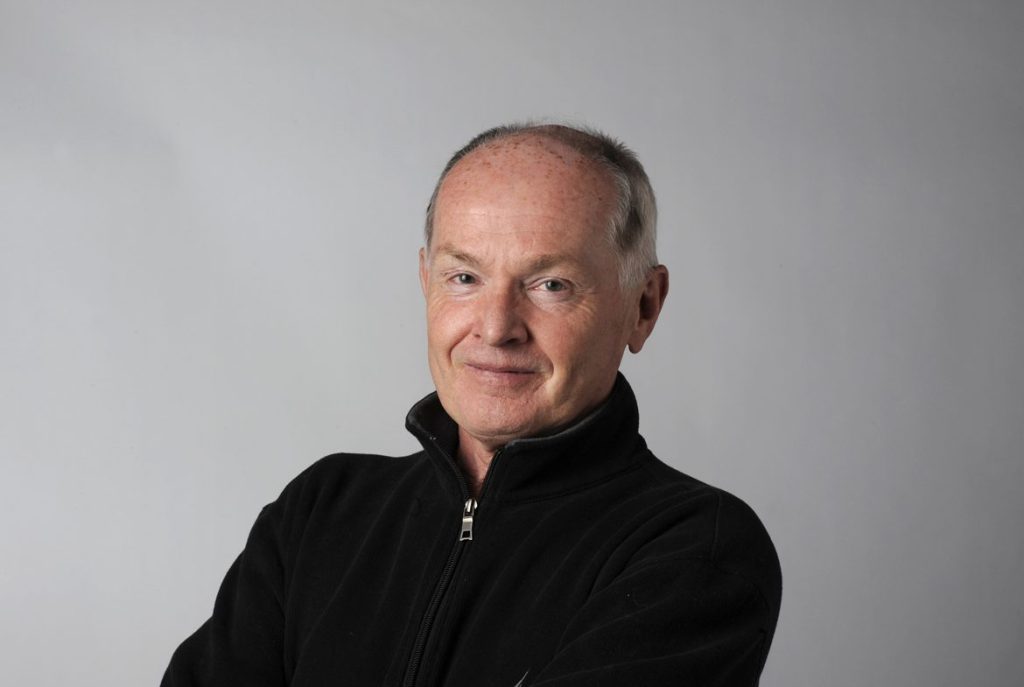
- This is a story of defiance of seemingly impossible odds and of overcoming the worst of human experiences, of courage, resilience, and determination. It
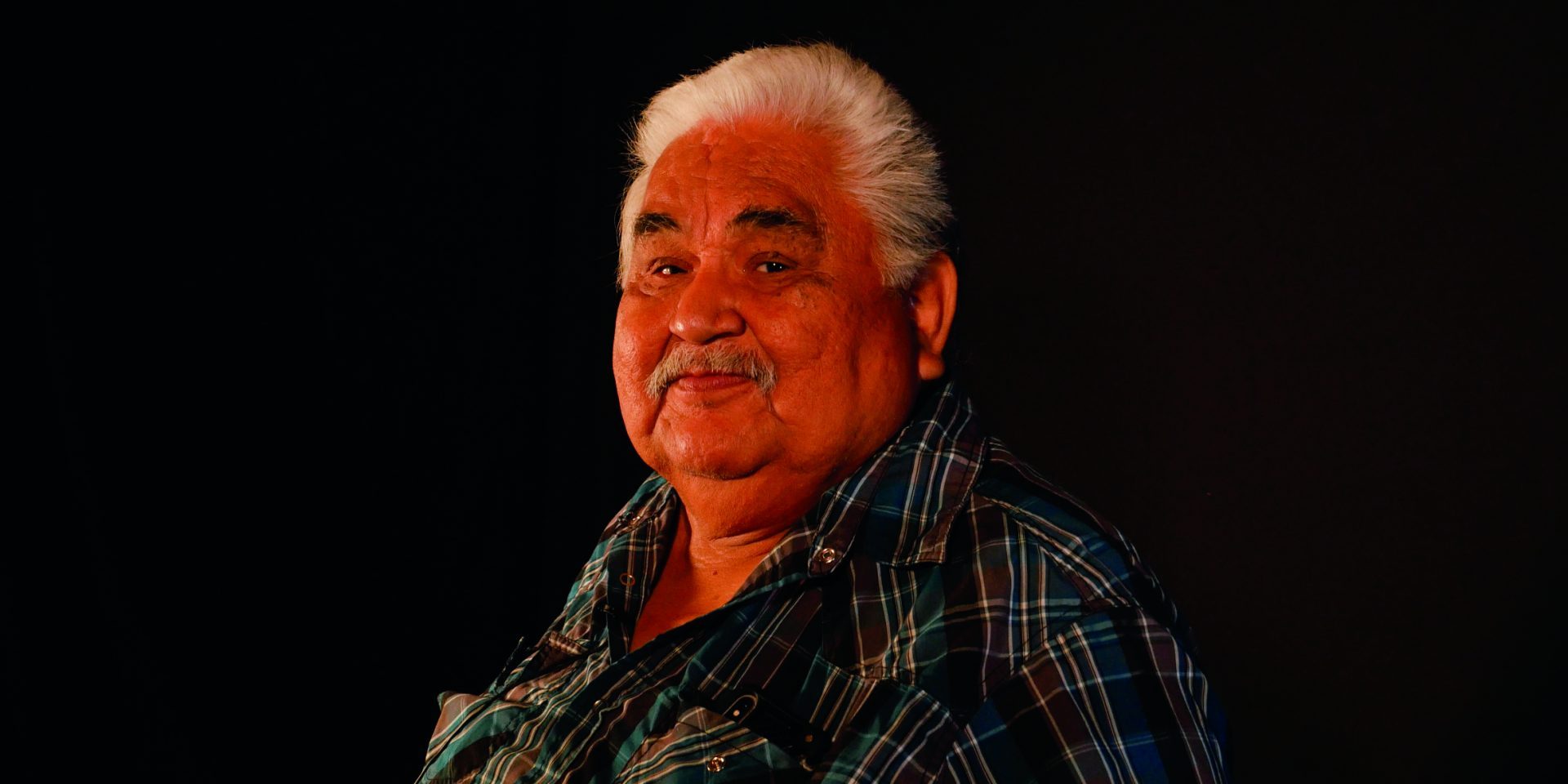
- This is a story of defiance of seemingly impossible odds and of overcoming the worst of human experiences, of courage, resilience, and determination. It
- This is a story of defiance of seemingly impossible odds and of overcoming the worst of human experiences, of courage, resilience, and determination. It
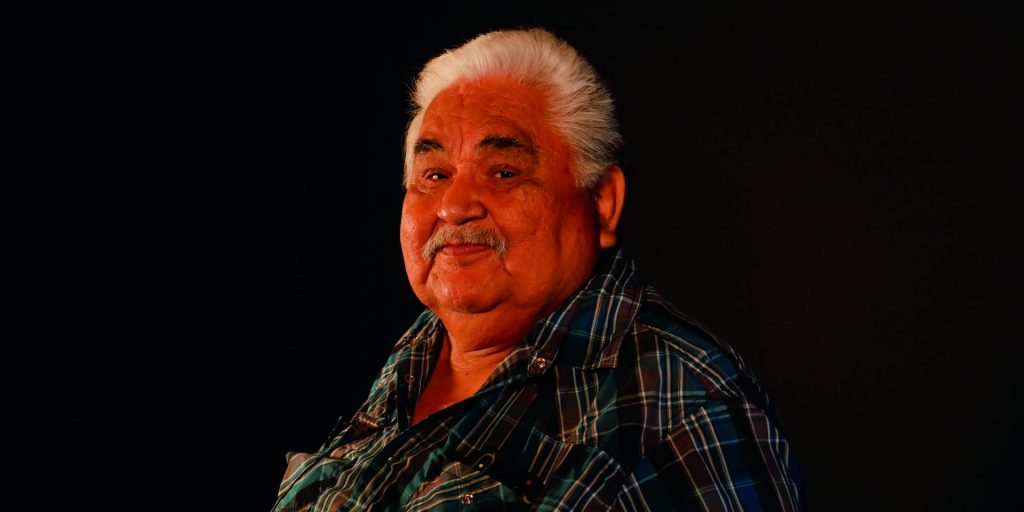
- Kent Roach began writing Canadian Policing: Why and How it Must Change, shortly after George Floyd’s murder in May 2020, which was followed a
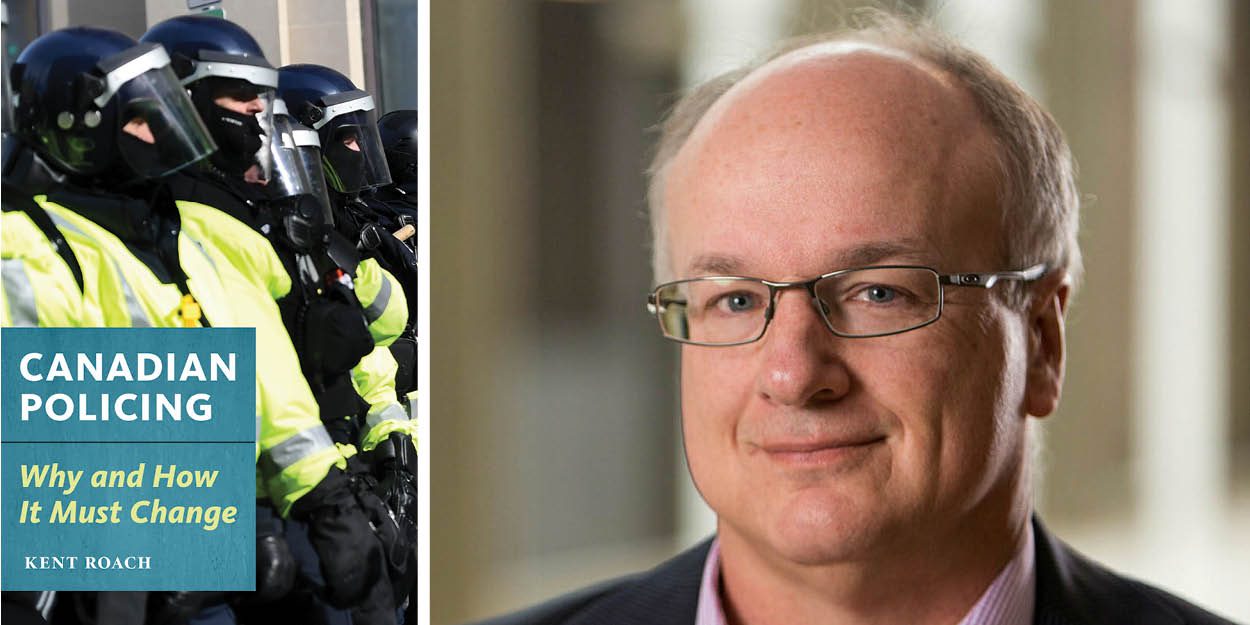
- Kent Roach began writing Canadian Policing: Why and How it Must Change, shortly after George Floyd’s murder in May 2020, which was followed a
- Kent Roach began writing Canadian Policing: Why and How it Must Change, shortly after George Floyd’s murder in May 2020, which was followed a
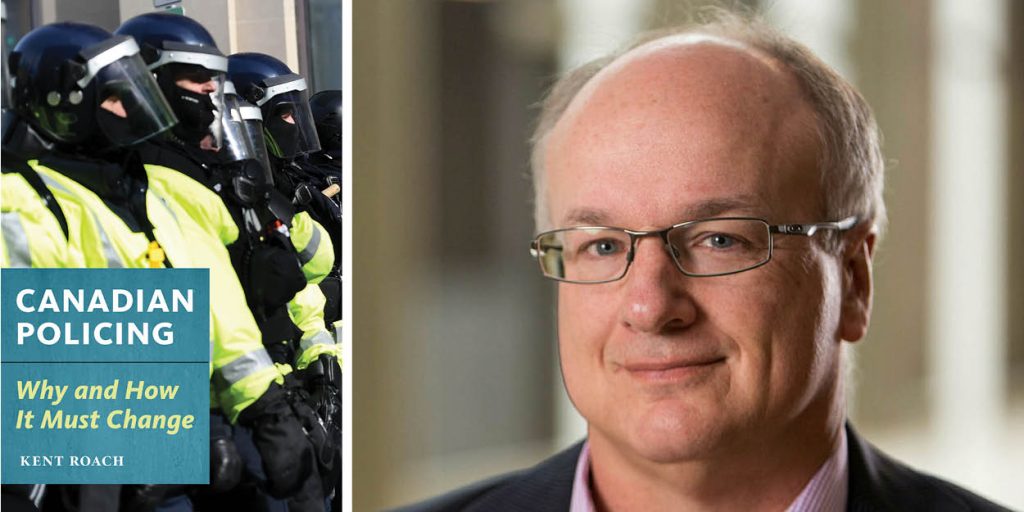
- Alexandra Morton isn’t your average scientist. She says she’s been tailed, surveilled, and taken to court for trespassing, all in an effort to dissuade
- Alexandra Morton isn’t your average scientist. She says she’s been tailed, surveilled, and taken to court for trespassing, all in an effort to dissuade
- Alexandra Morton isn’t your average scientist. She says she’s been tailed, surveilled, and taken to court for trespassing, all in an effort to dissuade
- Ever wondered about Chairman Mao Zedong’s sexual preferences, how to castrate a camel, or how many shots of vodka Nikita Khrushchev forced on Lester
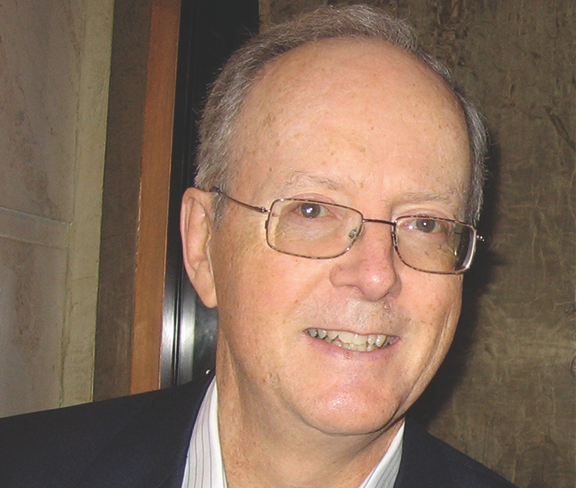
- Ever wondered about Chairman Mao Zedong’s sexual preferences, how to castrate a camel, or how many shots of vodka Nikita Khrushchev forced on Lester
- Ever wondered about Chairman Mao Zedong’s sexual preferences, how to castrate a camel, or how many shots of vodka Nikita Khrushchev forced on Lester

- Acadian Driftwood: One Family and the Great Expulsion, by Tyler LeBlanc, Goose Lane Editions, 184pp., $19.95 A History of My Brief Body, by Billy-Ray
- Acadian Driftwood: One Family and the Great Expulsion, by Tyler LeBlanc, Goose Lane Editions, 184pp., $19.95 A History of My Brief Body, by Billy-Ray
- Acadian Driftwood: One Family and the Great Expulsion, by Tyler LeBlanc, Goose Lane Editions, 184pp., $19.95 A History of My Brief Body, by Billy-Ray
- Alex Marland has delivered another banger of a book. The award-winning author and Memorial University political science professor, who has carved out a niche as an
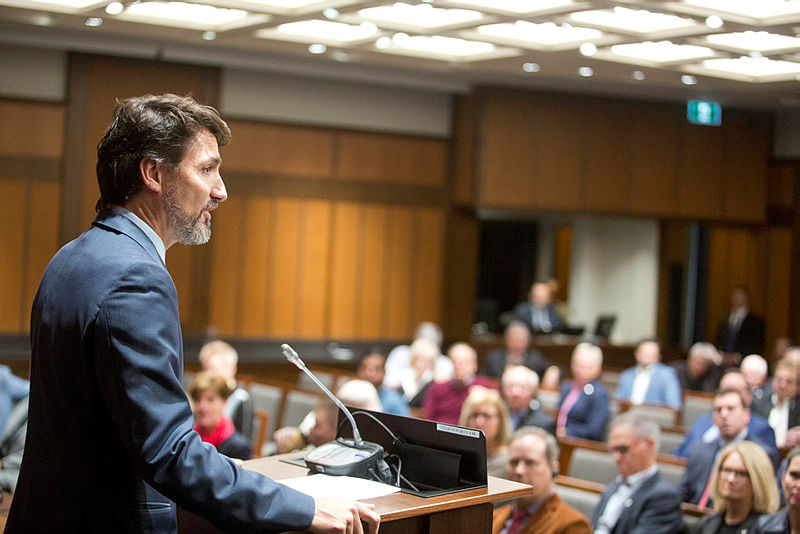
- Alex Marland has delivered another banger of a book. The award-winning author and Memorial University political science professor, who has carved out a niche as an
- Alex Marland has delivered another banger of a book. The award-winning author and Memorial University political science professor, who has carved out a niche as an

- The Biden era has begun. Are we ready to make the most of it? Just when it’s needed, Recover: Peace Prospects in the Biden Era, comes
- The Biden era has begun. Are we ready to make the most of it? Just when it’s needed, Recover: Peace Prospects in the Biden Era, comes
- The Biden era has begun. Are we ready to make the most of it? Just when it’s needed, Recover: Peace Prospects in the Biden Era, comes
- Canadians no longer have to delve through old news reports and obscure academic works to understand how their country operates at the United Nations
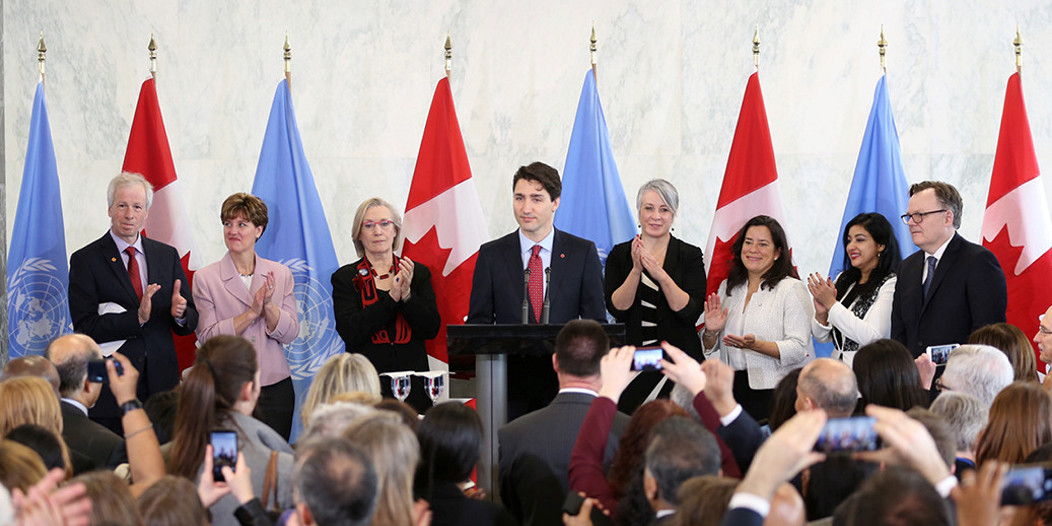
- Canadians no longer have to delve through old news reports and obscure academic works to understand how their country operates at the United Nations
- Canadians no longer have to delve through old news reports and obscure academic works to understand how their country operates at the United Nations
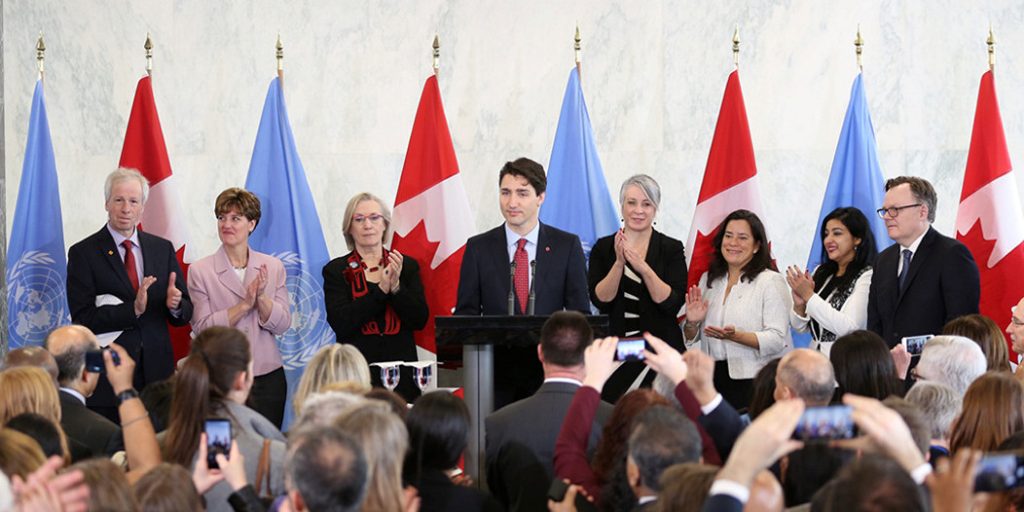
- Indigenous people must reclaim their jurisdiction over legal matters because healing communities and equal justice are impossible outcomes in Canadian courts and prisons, concludes
- Indigenous people must reclaim their jurisdiction over legal matters because healing communities and equal justice are impossible outcomes in Canadian courts and prisons, concludes
- Indigenous people must reclaim their jurisdiction over legal matters because healing communities and equal justice are impossible outcomes in Canadian courts and prisons, concludes
- As Canada approaches the 50th anniversary of establishing diplomatic relations with China—and as politicians in both countries continue to grapple with the fallout from the

- As Canada approaches the 50th anniversary of establishing diplomatic relations with China—and as politicians in both countries continue to grapple with the fallout from the
- As Canada approaches the 50th anniversary of establishing diplomatic relations with China—and as politicians in both countries continue to grapple with the fallout from the
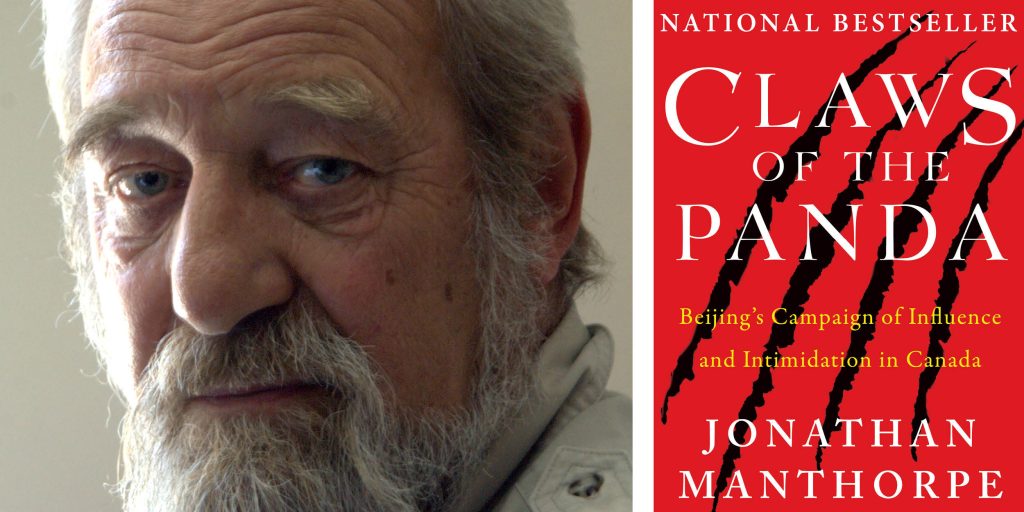
- ST. JOHN’S, N.L.—In recent years, a Université de Montreal trailblazer has been publishing sophisticated research about the history of party discipline in Canada. Jean-François
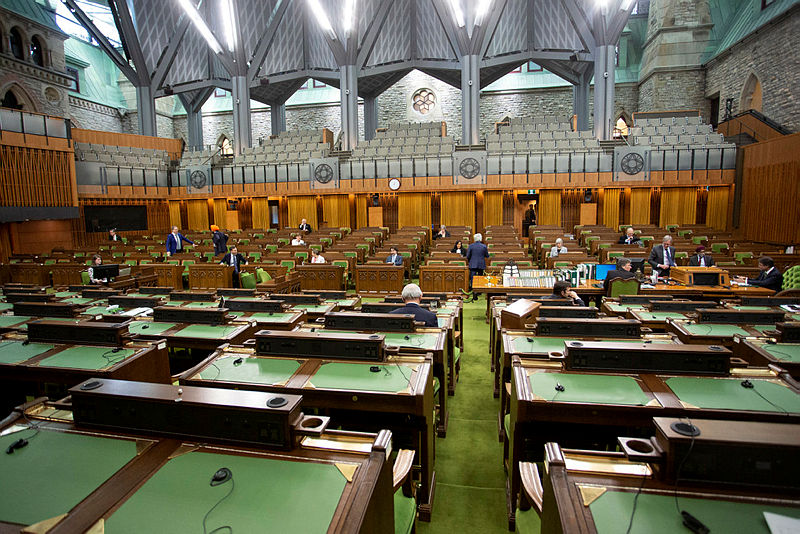
- ST. JOHN’S, N.L.—In recent years, a Université de Montreal trailblazer has been publishing sophisticated research about the history of party discipline in Canada. Jean-François
- ST. JOHN’S, N.L.—In recent years, a Université de Montreal trailblazer has been publishing sophisticated research about the history of party discipline in Canada. Jean-François

- When Saskatchewan farmer Gerald Stanley was acquitted of second-degree murder in the death of Colten Boushie, the major missteps made in that courtroom proved
- When Saskatchewan farmer Gerald Stanley was acquitted of second-degree murder in the death of Colten Boushie, the major missteps made in that courtroom proved
- When Saskatchewan farmer Gerald Stanley was acquitted of second-degree murder in the death of Colten Boushie, the major missteps made in that courtroom proved
